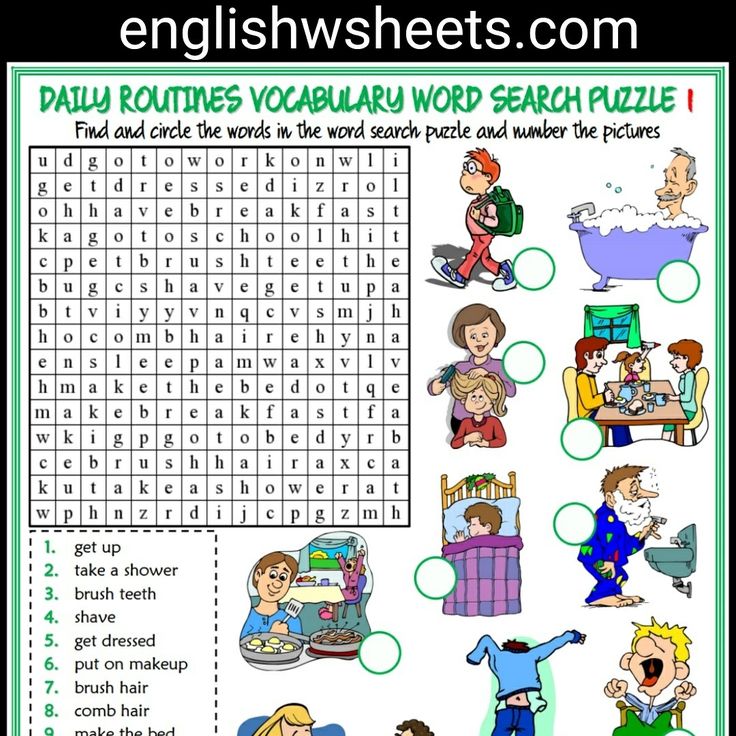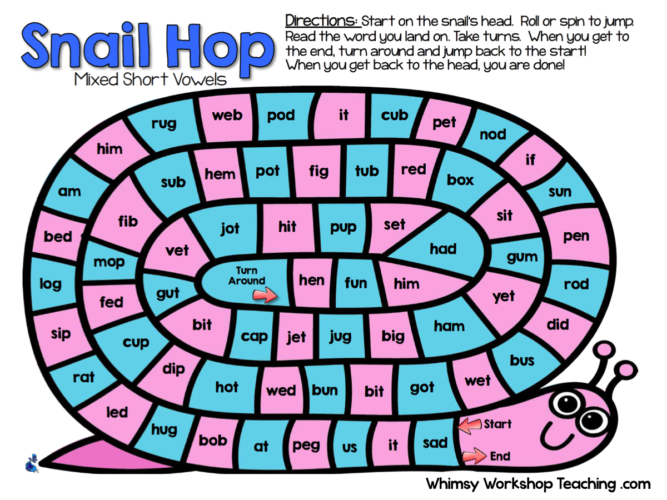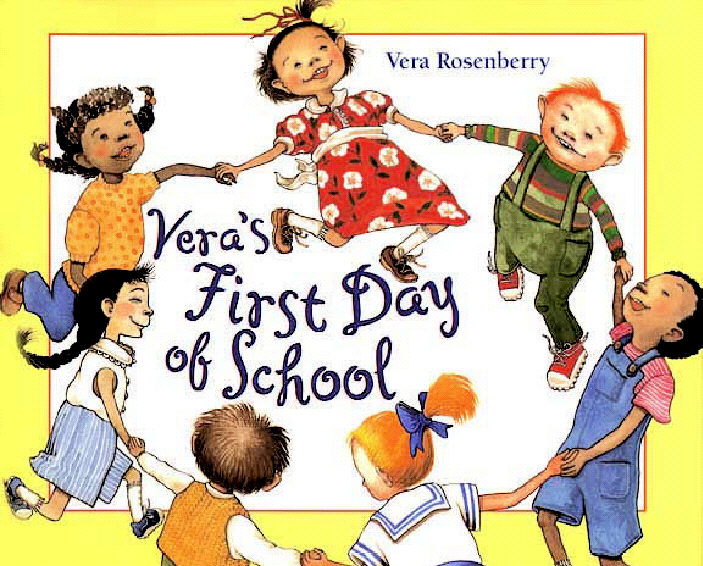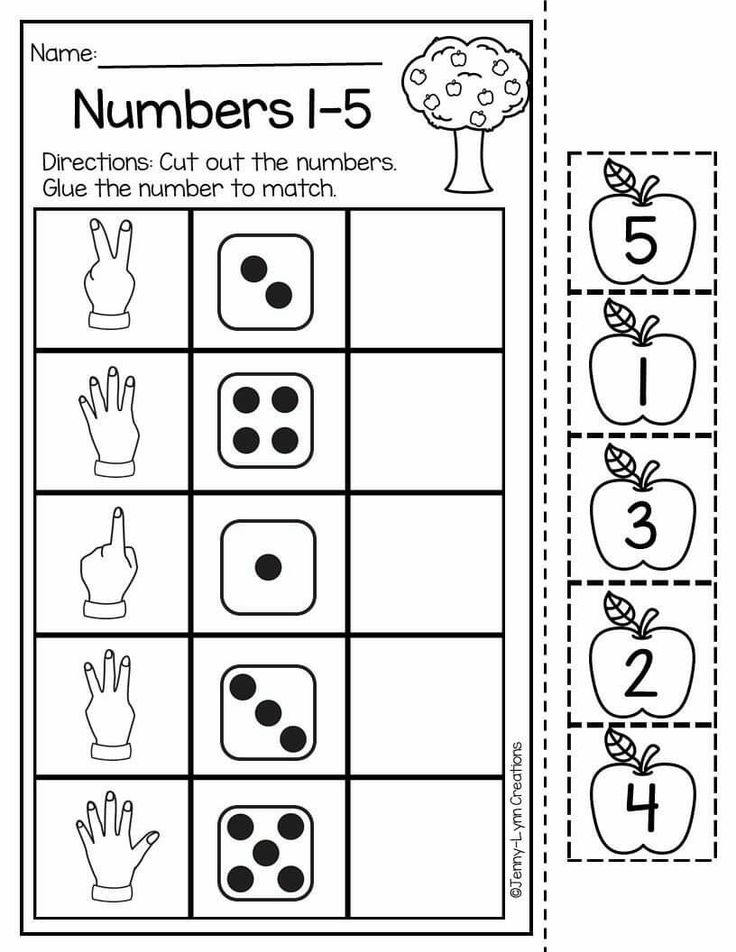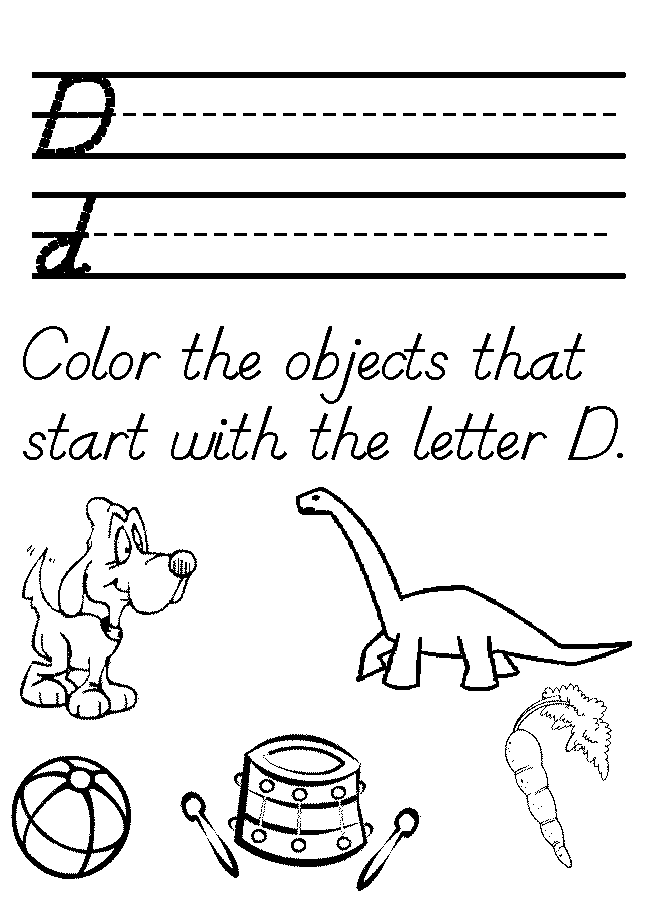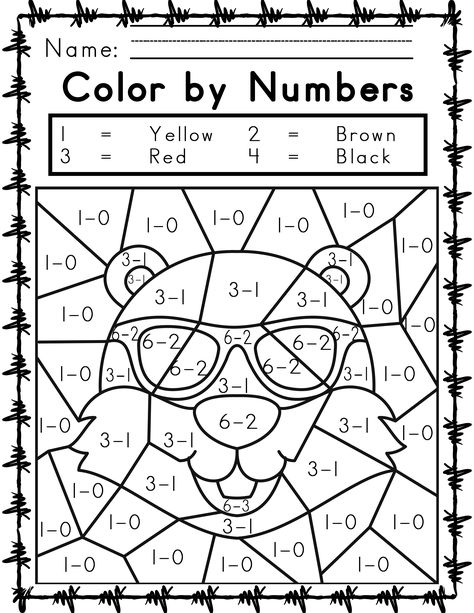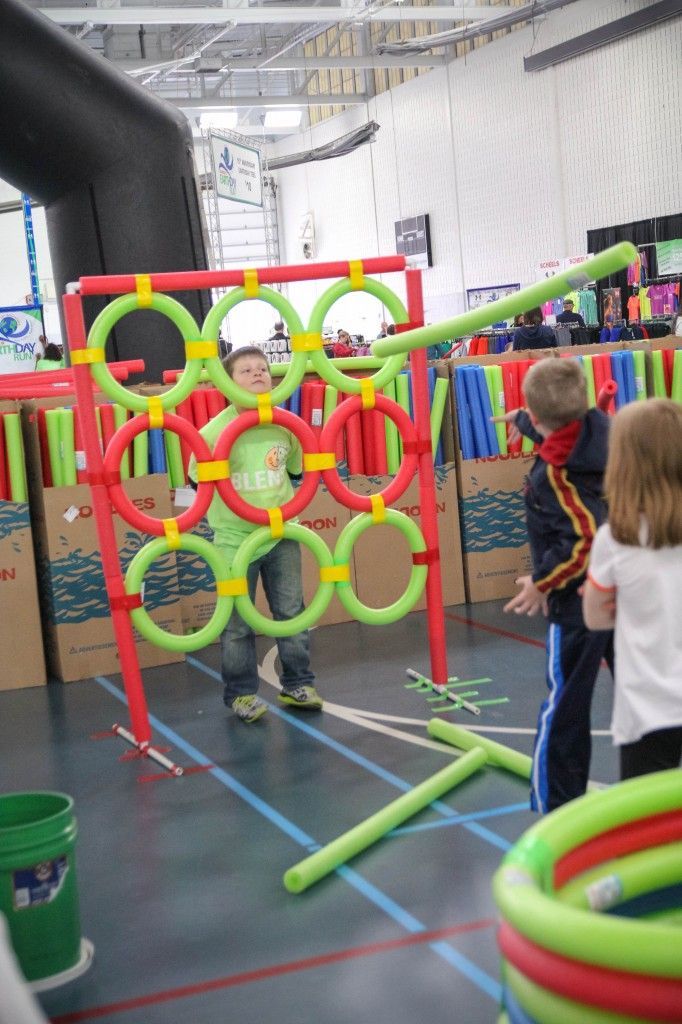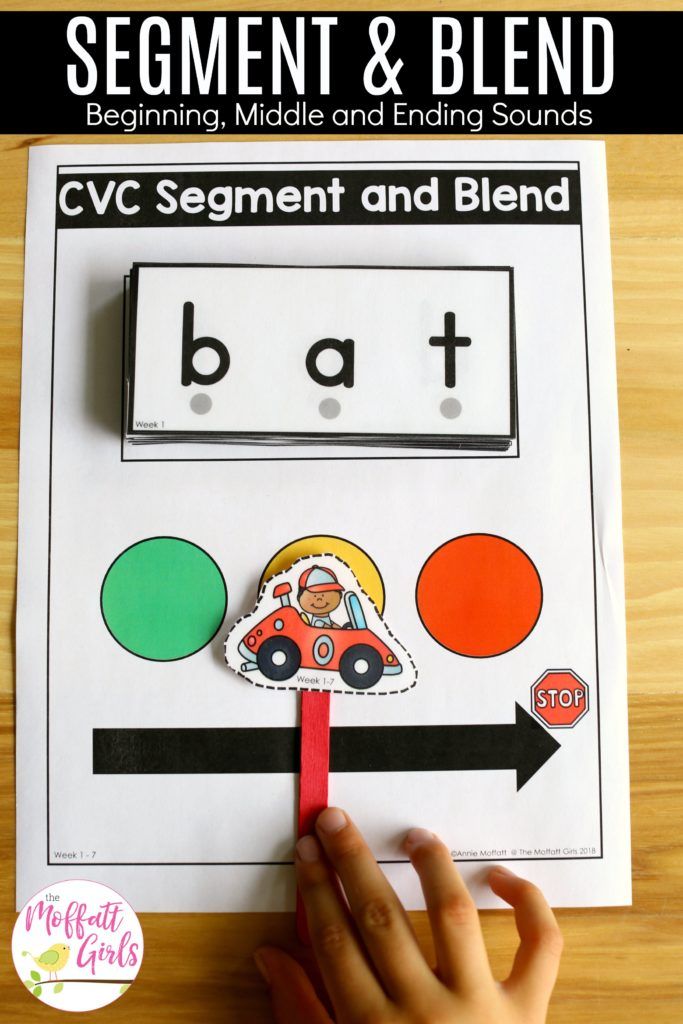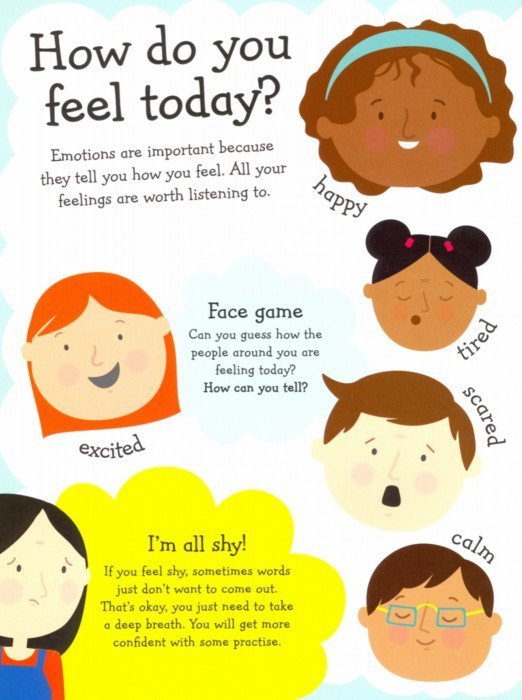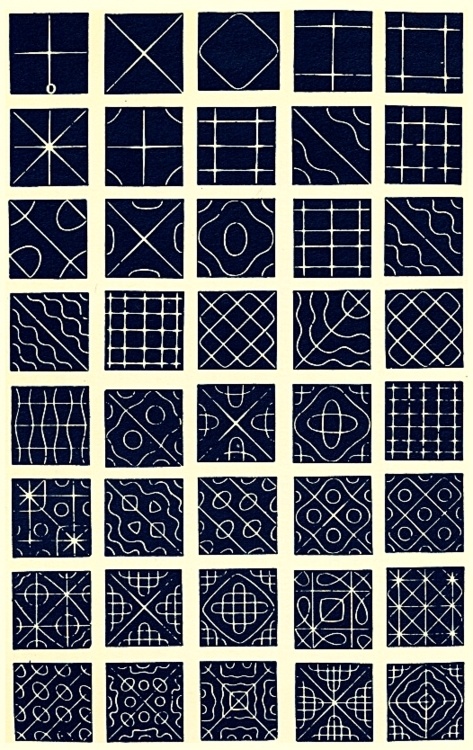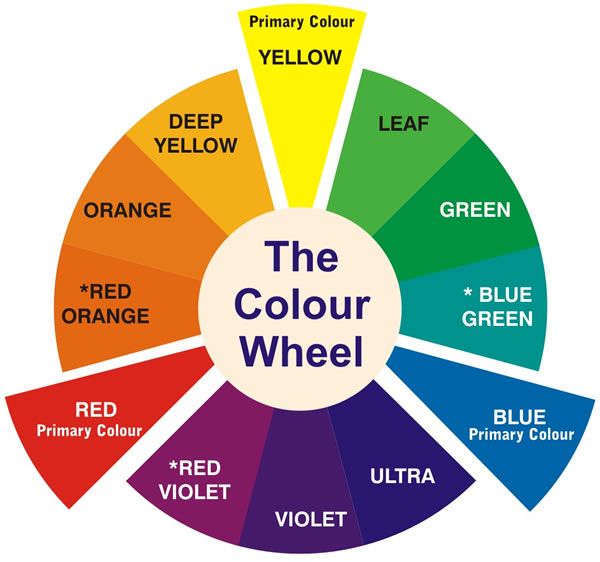Activities to practice vocabulary
20 Meaningful Vocabulary Activities for Every Grade
Learning new words is like adding to your writing wardrobe. Your writing becomes so much more interesting and engaging when you have more options available. These vocabulary activities work for all ages, K-12, and provide kids with a variety of learning options to help them build their own word bank.
1. Make a word map
Word maps help deepen understanding of a vocab word by relating it to other words and concepts students already know.
Learn more: Word Map/Upper Elementary Snapshots
2. Use the Frayer Model
Frayer models are a popular way to learn new words and concepts. Kids define the word in their own terms, then list facts and characteristics, examples, and non-examples.
Learn more: Southern Fried Teachin’
3. Draw vocabulary sketchnotes
Kids and teachers love sketchnotes! Rather than writing out definitions, have students draw a sketch that sums up each word instead. It’s a lot more fun and gives kids an image for visual association and to help remember the meanings.
Learn more: Now Spark Creativity
4. Bump words along
Group vocab words together with a few other words with similar meanings and one that’s an antonym. Students identify the antonym and “bump” it to the next box, filling in the next group of words. They continue until the worksheet is full.
Learn more: Reading and Writing Haven
5. Post a Graffiti Wall
Think of a vocabulary graffiti wall like a collaborative word wall. In the classroom, post the words on the wall and have kids add sticky notes to illustrate the term (they can use words or pictures). Online, try a tool like Padlet or Google Slides.
Learn more: Digging Deeper
6. Match words to describe character
This is a terrific way to practice vocab words pulled from books you’re reading. Ask students to use various words to describe the different characters in the book and their feelings, thoughts, and actions.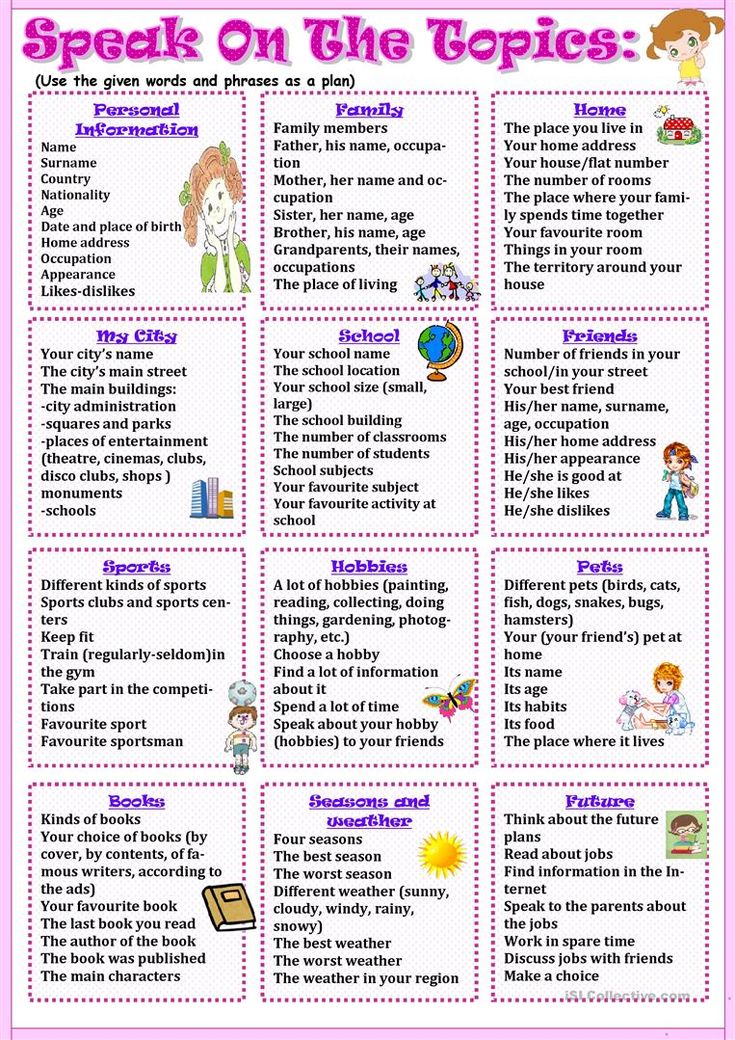
Learn more: The Sassy Apple
7. Fill in words from A to Z
This vocabulary game is fun and challenging, and you can play it at any age. Choose a word, then challenge kids to come up with related words for as many letters as possible. These could be synonyms, antonyms, examples, and more. Trickier letters are worth more points!
Learn more: A to Z/Lit in Focus
8. Try Flipgrid for vocabulary activities
Forever a Teacher at Heart/Twitter
Are you on the Flipgrid bandwagon yet? It’s perfect for vocabulary activities! Have kids record a quick video for each word, using their creativity to make it fun and meaningful.
9. Battle it out in Vocabulary Jeopardy
Good vocabulary activities encourage more than just memorization of definitions. That’s why we like this Jeopardy game idea. It explores synonyms and antonyms and how words are used in real sentences.
Learn more: Not So Wimpy Teacher
10. Use RAFTs to write vocabulary stories
Writing a story using vocab words is a perennial favorite, but the RAFT method gives it a new twist.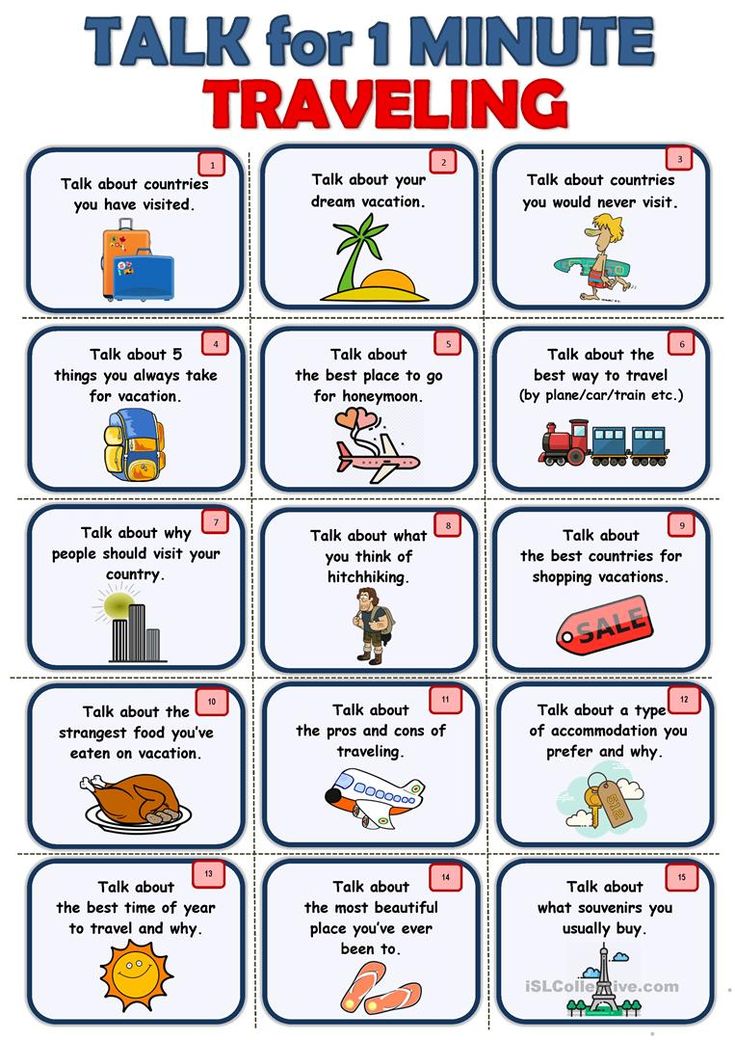 Students are assigned a Role (the point of view from which they’ll tell the story), an Audience, a Format, and a Topic. For instance, they might be an astronaut (Role) writing a postcard (Format) to their friends back home (Audience) about what they’ve seen on Mars (Topic). RAFTs are especially great for kids who claim they don’t know what to write about.
Students are assigned a Role (the point of view from which they’ll tell the story), an Audience, a Format, and a Topic. For instance, they might be an astronaut (Role) writing a postcard (Format) to their friends back home (Audience) about what they’ve seen on Mars (Topic). RAFTs are especially great for kids who claim they don’t know what to write about.
Learn more: RAFT/Teaching Writing
11. Discover the power of words
Vocabulary words take on greater meaning when students incorporate them into their daily lives. Challenge kids to use their vocab words in conversation and writing outside the language arts classroom. Use the free printable worksheet here to help them keep track of how often they use them.
12. Create graphic organizers
Colorful organizers like these are terrific vocabulary activities. Want to go digital? Have kids make a slideshow, one slide per word. They can include the same information, but instead of drawing a picture, have them find one online that illustrates the concept.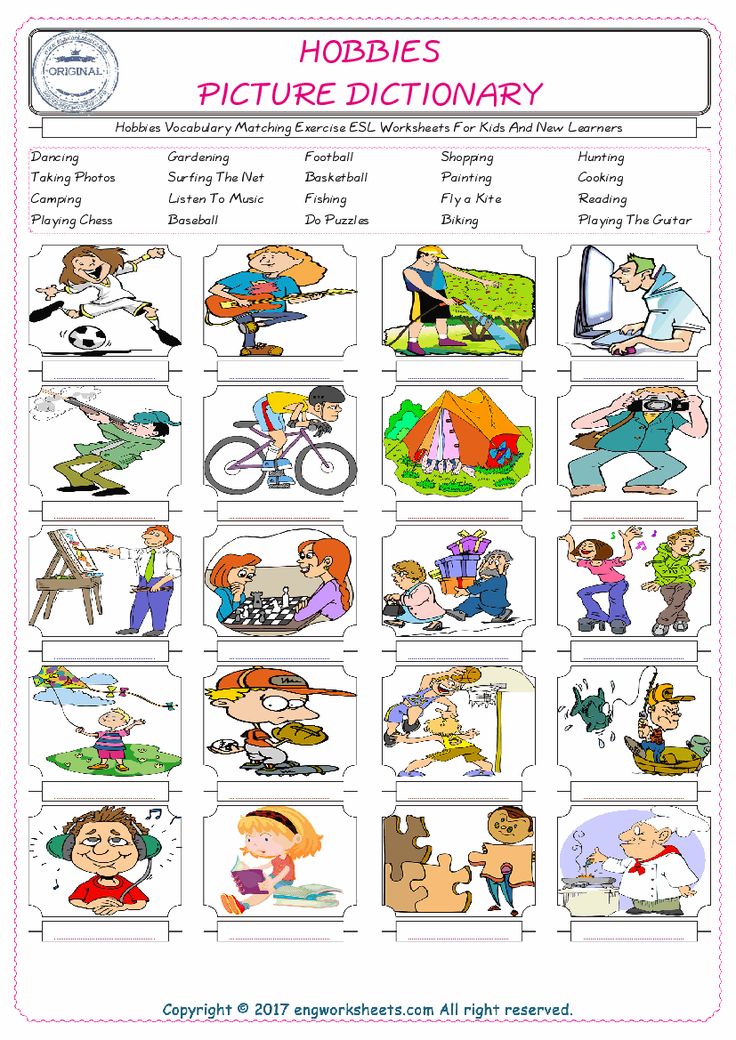
Learn more: Graphic Organizers/Upper Elementary Snapshots
13. Focus on a Word of the Week
Give really important terms the attention they deserve. Choose a new vocab word each week, then explore it in depth day by day.
Learn more: Lit In Focus
14. Join the Million Dollar Word Club
Post a list of target vocab words. If a student uses one of the words in class (outside of vocabulary activities), they become a member of the Million Dollar Word Club! You can have them sign their name on a wall in the classroom or award a badge online. You could even develop this into a reward system for homework passes or extra credit.
Learn more: Million Dollar Words/The Sassy Apple
15. Explore shades of meaning
This is a cool idea for exploring synonyms and the slight differences that make words unique. Ask for paint sample strips at your local hardware store, or buy a clip art set. In the classroom, use these paint strips to make crafts for a bulletin board.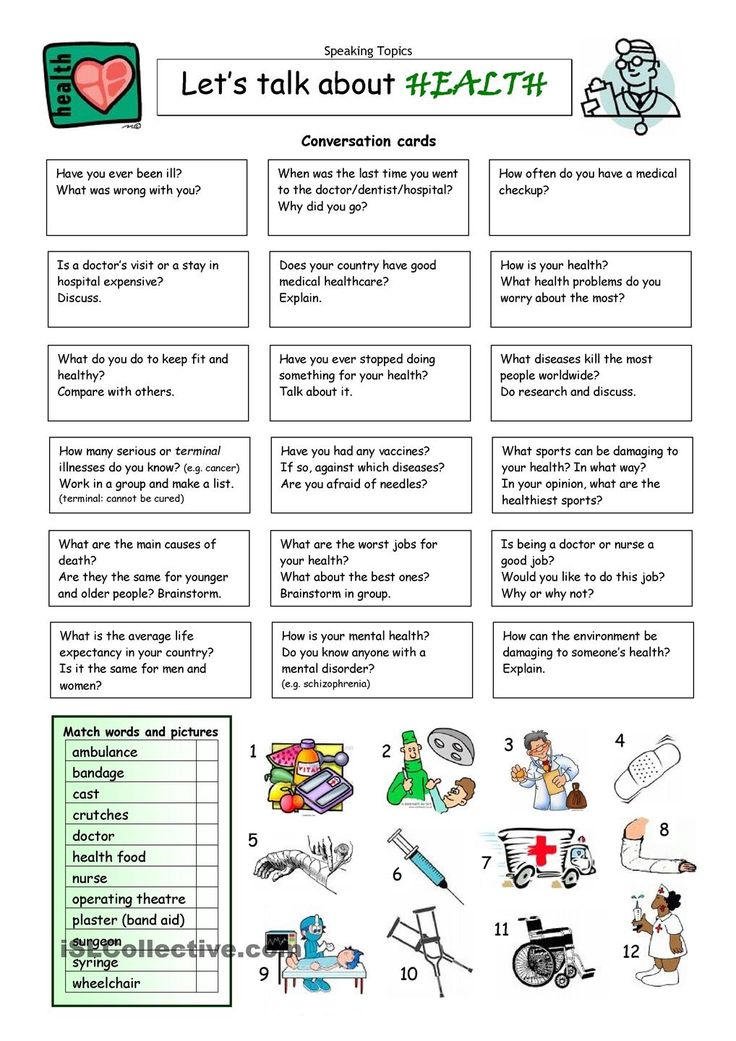 Working in a virtual environment? Have kids print clip art strips at home or use the images to make slides or digital worksheets.
Working in a virtual environment? Have kids print clip art strips at home or use the images to make slides or digital worksheets.
Learn more: Around the Kampfire
16. Personify a word with social media
This is one of those vocabulary activities kids will want to do over and over again! Assign each student a word and have them create a fake Facebook, Instagram, or other social media page for it. They can draw them freehand or complete a template like these from Teachers Pay Teachers. Post the images to a shared Google slideshow so other students can use them for review.
Learn more: Reading and Writing Haven
17. Play vocabulary word Taboo
In this game, the goal is for one student to get their partner to guess the word by describing or giving examples of it. The trick? There’s a list of additional words they’re not allowed to use! Let other students see the card in advance to help keep the players honest. (Flash it on a whiteboard and have the guesser face away.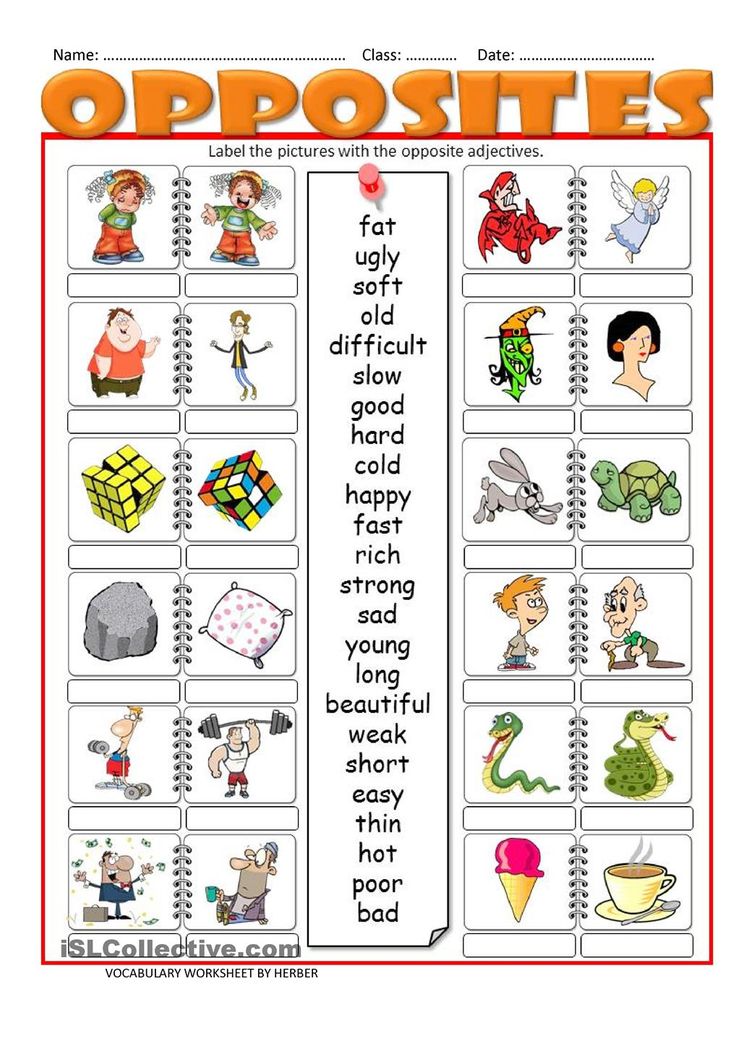 )
)
Learn more: Teaching Talking
18. Roll a die for vocabulary activities
Choose a vocab word, then have the student roll a die (these virtual dice are handy) to see which activity they get to complete.
Learn more: Roll a Word/Lucky Little Learners
19. Write an acrostic
Write an acrostic poem for each vocab term, using the letters to determine the first word in each line. This can get really challenging when words are longer!
Learn more: Vocab Acrostic/Upper Elementary Snapshots
20. Become a Word Collector
This is one of those picture books that grown-up kids will enjoy as much as little ones. Use it to remind your kids that they don’t need a vocabulary list to learn new words—new words are all around them.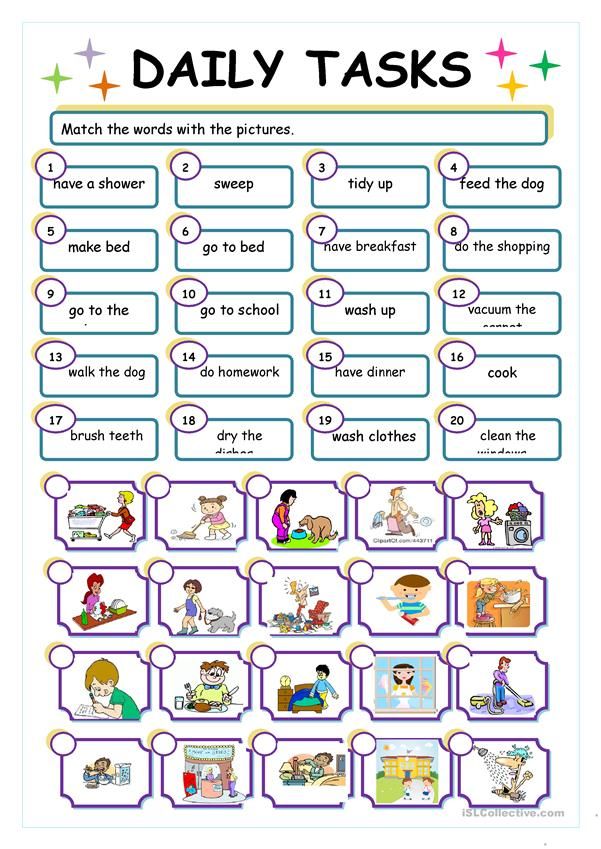 Encourage them to keep a word list or journal of their own to record new words they want to explore and use more often.
Encourage them to keep a word list or journal of their own to record new words they want to explore and use more often.
Looking for more language arts ideas? Try these 11 Essential Tips for Teaching Theme.
Plus, get all the latest teaching tips and ideas when you sign up for our free newsletters!
21 Ideas for Teaching Vocabulary in the Classroom
I’m sharing 21 ideas for teaching vocabulary. You may not be able to use all of them, but I hope you can find some ideas that will work well for you!
I’ve shared books about vocabulary instruction, as well as the theory and techniques. This post is a lot more practical. We’re all about ideas today!
I’m sharing the bare bones of the ideas here.
I’m adding lengthier explanations for some of them with more tips and fleshed-out instructions on my website devoted just to vocabulary instruction, VocabularyLuau.
You’ll see that option at the end of the idea if it’s available.
IDEA #1: Semantic Maps
In this activity, the teacher chooses a word and displays it for the class on a whiteboard, etc.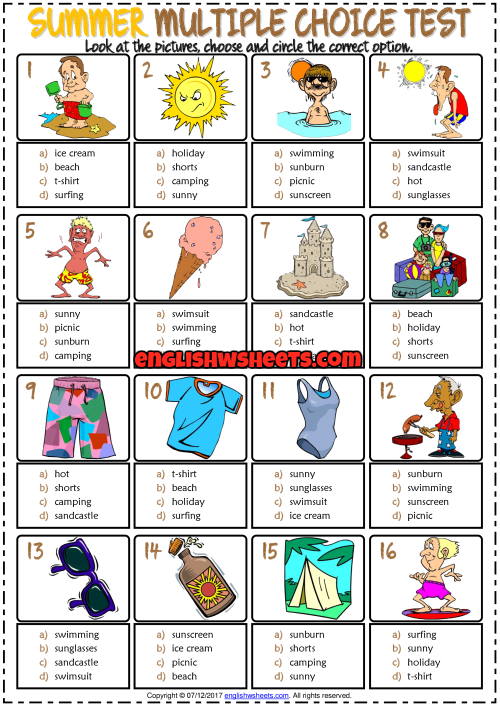
Students read the word and then think of words that come to mind when they see that word (this is awesome because it activates prior learning).
A list is created of all of the words that come to mind, and then those words are categorized.
This can be done as a whole class or in small groups.
Students then create a “map” using a graphic organizer and discuss it. Additional or substitute categories can be suggested.
As students read through the text, they can add related words to the map.
Want more details on this strategy? Get the step-by-step on VocabularyLuau.
IDEA #2: Eye Spy
Give students a list of words to search for in a text or have them find unfamiliar words.
You can award points to the words based on different criteria (longest new word, word with most consonants, etc.).
Invest in a set of inexpensive dollar store magnifying glasses to make this more game-like.
This is a great pre-reading activity.
Want more details on this strategy? Get the step-by-step on VocabularyLuau.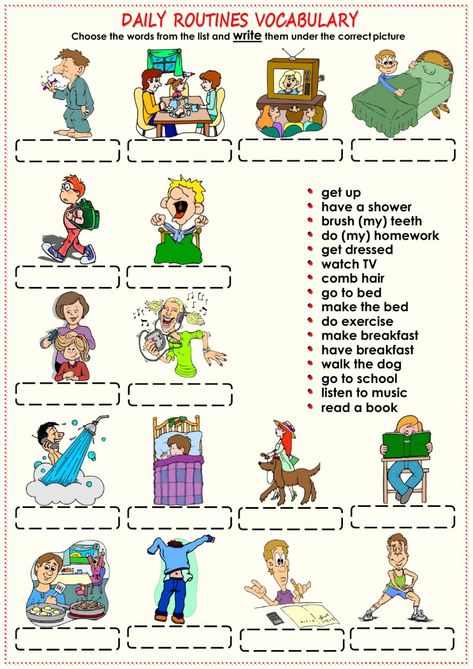
IDEA #3: Making Choices
Students show their understanding of vocabulary by saying the word when it applies, or remaining silent when it doesn’t.
For example: “Say radiant if any of these things would make someone look radiant.”
-Winning a million dollars.
-Earning a gold medal.
-Walking to the post office.
-Cleaning your room.
-Having a picture you painted hung in the school library.
(This idea is from the book Bringing Words to Life, recommended in the books section.)
This is one of the key strategies teachers need in introducing new vocabulary. Because of that, I’ve written extensively and given a dozen examples from different texts for Kinder through 12th grade on VocabularyLuau.
IDEA #4: Sorting Hat
Use a Harry Potter theme to have students sort words into categories. They can pull them out of a hat.
If you give them the categories, it’s called a “closed sort.” If they come up with their own categories, it’s called “open sort.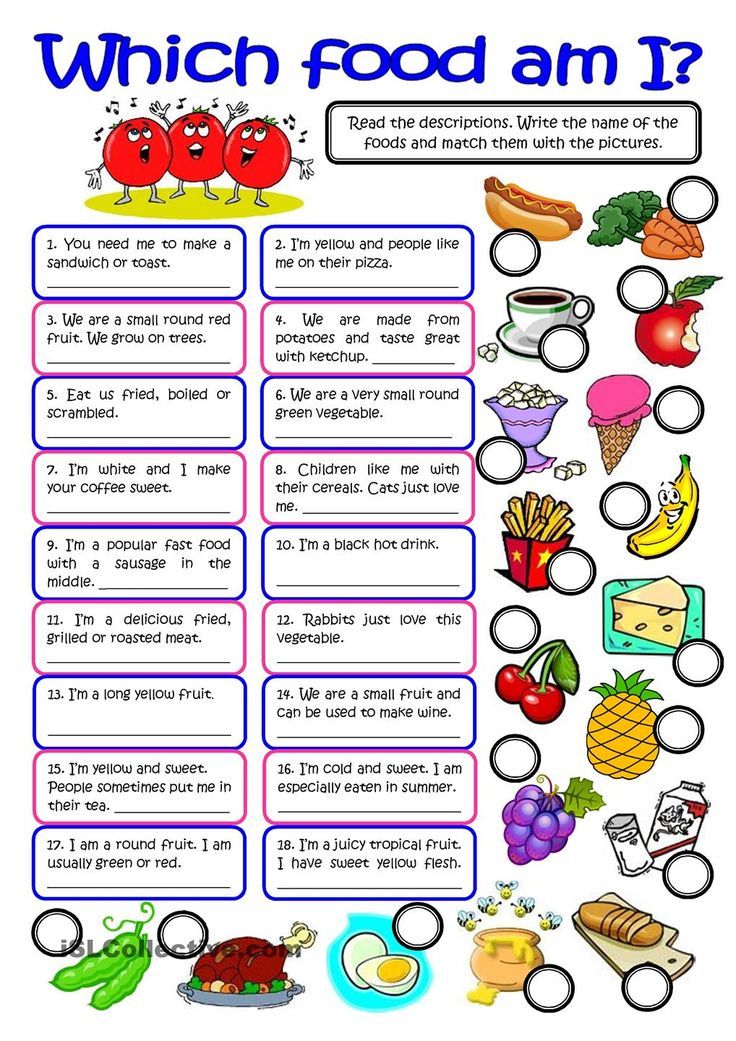 ”
”
This one is so, so fun. I explain lots more about how to do it on VocabularyLuau.
IDEA #5: Word Pairs
Give students words in pairs and have them evaluate if the words are the same, opposite, go together, or are unrelated.
This strategy is terrific for building critical thinking skills along with the vocabulary.
Get even more details and variations at VocabularyLuau.
(adapted from Word Power: What Every Educator Needs to Know about Teaching Vocabulary)
IDEA #6: Linear Array
In this strategy, students use a graphic organizer that is a rectangle, three ovals, and then another rectangle, all in a line.
The word in question goes in the rectangle on the far left.
The rectangle on the far right is filled in with a word that is the opposite.
The center three ovals are filled in with words that go from the far left to the far right, gradually become less similar until they reach the opposite.
For example, microscopic, tiny, small, bigger, large.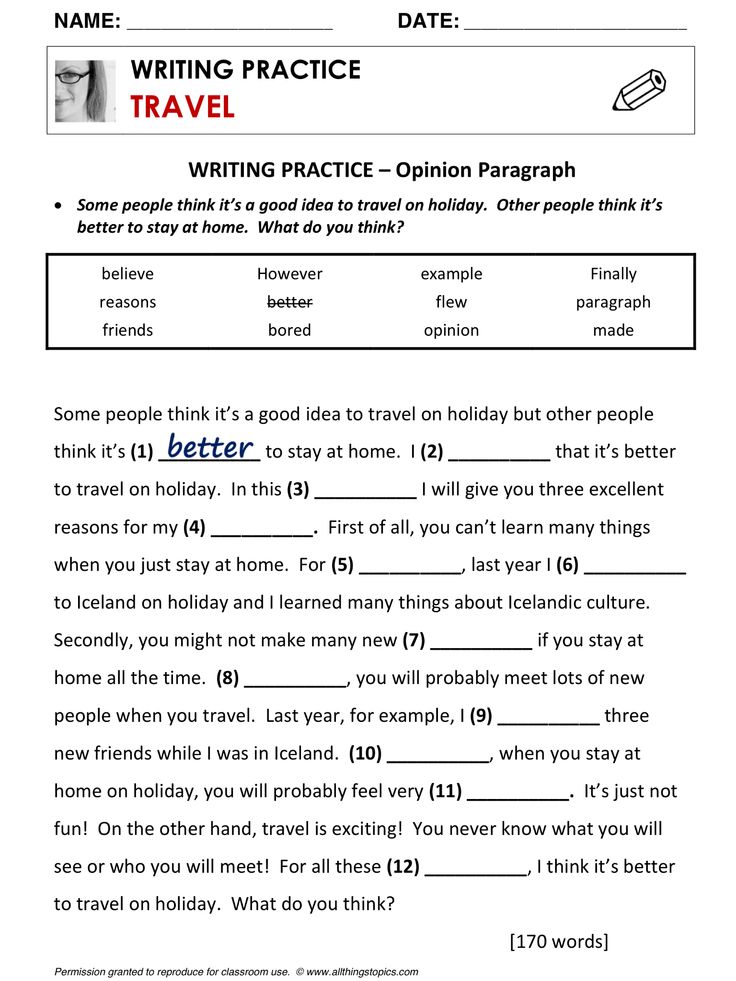
You can see examples of the graphic organizer, more details, and lots of variations on VocabularyLuau.
(adapted from Words, Words, Words: Teaching Vocabulary in Grades 4 – 12)
IDEA #7: Games
Many “real” games work well for vocab play and practice. Games such as Balderdash, Taboo, Scrabble, Blurt, Bananagrams, word bingo, and others are fun.
There are online games as well, such as Scholastic’s Synonym Toast.
[Note: I am a notoriously horrible Scrabble player, and every time I play I think, “English teachers should be better at this.” It’s not my favorite.]
IDEA #8: Scavenger Hunt
Have a word scavenger hunt in books, magazines, articles on the net, or in the school or home.
Don’t just go for numbers; go for unusual words, academic vocabulary, weird spellings, homophones, etc.
Want more details on this strategy? Get the step-by-step on VocabularyLuau.
IDEA #9: Word Wheel
Copy and paste this image onto a sheet of cardstock and make a vocab spinner game.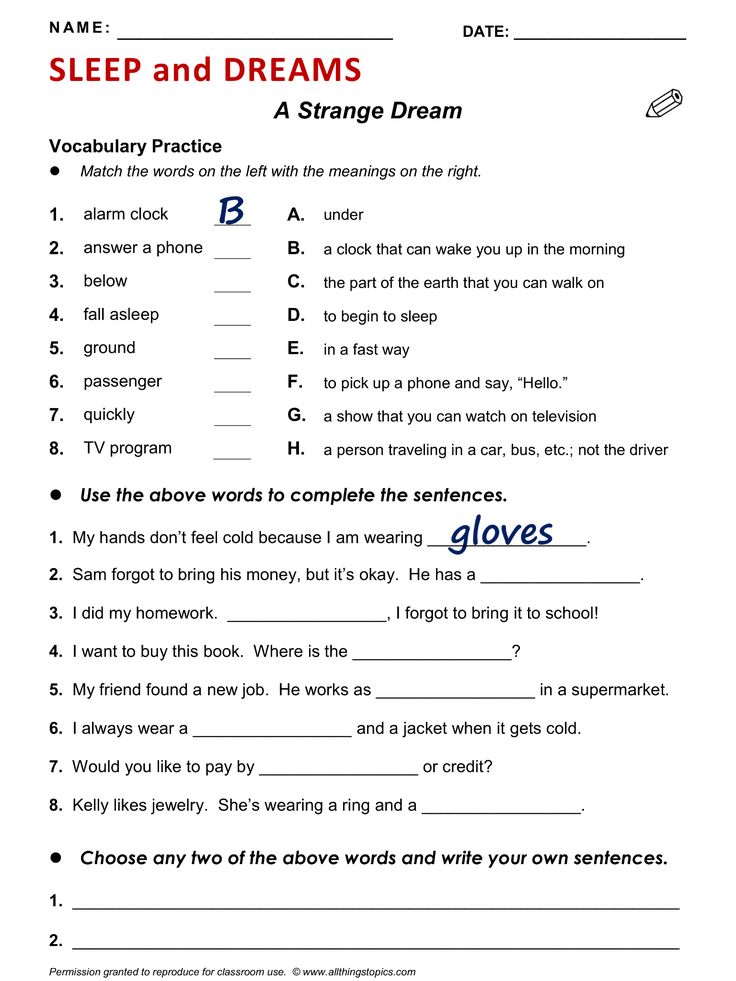 EisforExplore shares the whole idea here.
EisforExplore shares the whole idea here.
Want more details on this strategy? Get the step-by-step on VocabularyLuau.
IDEA #10: Vocabulary Photo Album
Using a simple, inexpensive photo album, students create a visual glossary of key words.
I’ve got pictures of examples, details, and more ideas at VocabularyLuau, if you’d like to read more.
IDEA #11: Tally
Use tally marks to track words you’re trying to practice.
Mark whenever the teacher says the word in context, and mark twice when a student does.
Alternatively, you can have the tally marks be even, but play the teacher versus the class.
There’s so much more to this strategy. Learn more about how tally marks can help you teach vocabulary at VocabularyLuau.
IDEA #12: Vocabulary Relay
Print out words on one set of cards (copy this set a few times) and definitions, context, or sentences in which they could be used (fill-in-the-blank) on another set (just one set).
Jumble up the words in a pile in the middle of the floor, and jumble up the definitions, context, and sentences to keep with you.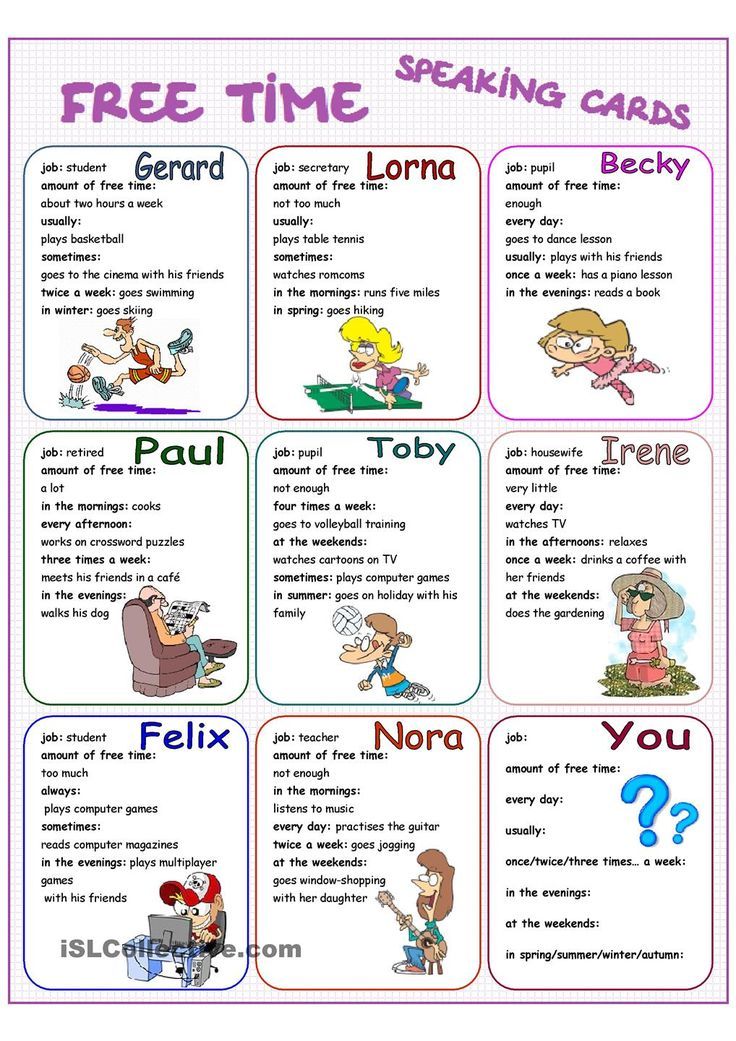 Break students into teams of five-ish.
Break students into teams of five-ish.
Call out the definition/context/sentence and give students some think time (8 – 10 seconds) to talk about what word it might be.
After the discussion time, call out “Word!” One member from each team runs to the center and tries to find the word in the pile.
I like having multiple sets of the words so more than one team can get it.
Check to make sure they’re correct, and then discuss it briefly before the next round.
Note: I got this idea from another teacher’s site, but I cannot for the life of me remember where. I have searched Google for it, and can’t find it. A small prize to the person who can figure out the originator of the idea!
I’ve written quite a bit about it here, but I’ve written more (and have lots of pictures of it in play) at VocabularyLuau.
IDEA #13: Vocabulary Category Relay
This is a different relay activity than the one above, even though the names are so similar.
In this version, teams of students race to fill in words responsive to a category that start with the letters of the alphabet in order.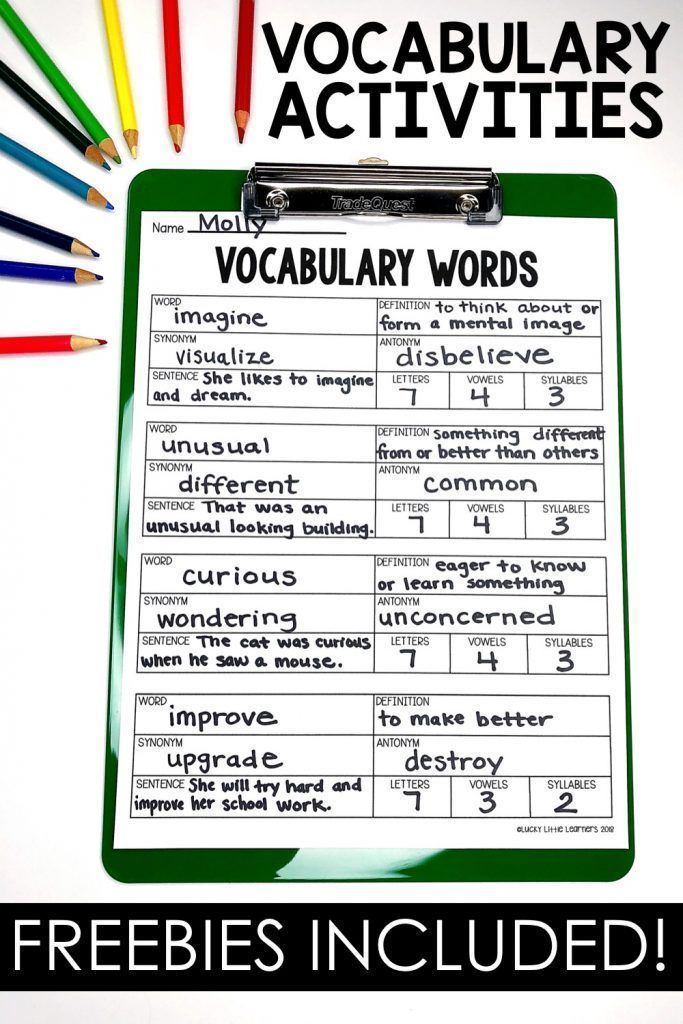
This can be done individually, in groups, or even as a whole class. It’s also a good one for both digital and in-person instruction.
When I wrote about it on VocabularyLuau, I shared these score sheets for digital use, as well as printable versions.
IDEA #13: Comic Strip Word Activity
I got the idea for using comic strips from This Reading Mama.
In some ways, it’s really a modified Frayer model.
I loved it so much that I started making them like crazy. It turns out that they let me get a clear glimpse into how well the students had mastered the word.
I have an entire article about this, filled with loads of ideas and resources at VocabularyLuau.
You can check out that article here (or click the image below).
IDEA #14: Paper Plate Vocab
I love this inexpensive matching game from Finding Joy in Fifth Grade, and I think students could create it themselves.
IDEA #15: Heads Up Vocabulary Game
Students hold a word on a card in front of their foreheads.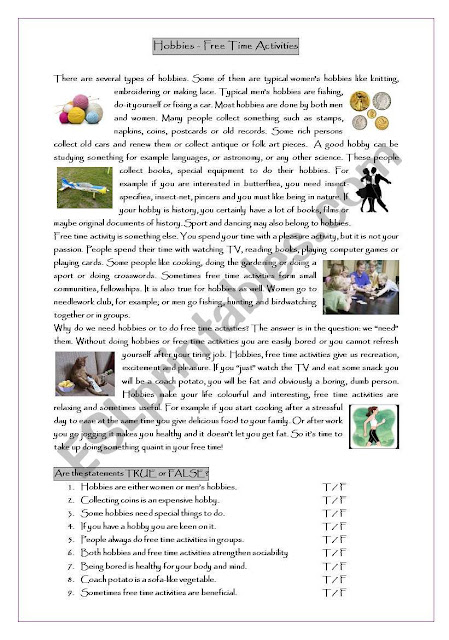 The students don’t know what words they have.
The students don’t know what words they have.
Students ask each other a series of questions to determine the meaning of their word. Or, students can give students clues to the person with the word to help that person guess the word.
This is a review activity, and it’s not for initial instruction.
It’s such a favorite that I wrote a very comprehensive article about it on VocabularyLuau. There’s even a hack for printing on Post-it notes!
IDEA #16: Word Sneak
Word Sneak is a game invented by Jimmy Fallon that he plays with guests on the Tonight Show.
In the game, Jimmy and the guest each get a stack of cards with words on them that they have to work into the conversation naturally (without sounding forced or stilted).
It’s hysterical to watch and fun to play.
It’s also a great way to learn different ways to approach a word.
It’s so much fun that when I wrote the article about in on VocabularyLuau, I also included a Tonight Show backdrop you can use in class to give it an even more “real” feel.
IDEA #17: Frayer Model
The Frayer Model is an oldie-but-goodie vocab activity model in which student work in multiple ways in a specifically laid out graphic organizer to engage with words.
This is such a must-know that I wrote a (very lengthy and detailed) plan for how to use it at VocabularyLuau.
It includes downloads and printables and digital versions, as well as exactly how (and why) to use this strategy.
If you are not familiar with it, please do yourself a solid and read more.
IDEA #18: Tweet
Have students create a “tweet” that a word would send out or with the word in the tweet in context.
You can use a tool like PrankmeNot or Siminator to make it look real.
This strategy is so fun and so useful!
I’ve written about five different ways to do this (with examples) on VocabularyLuau, and I even have this free template for you there:
IDEA #19: Brain Power Words
This is a strong academic vocabulary activity that takes a little bit of time, but would really help get the words past the superficial level of understanding.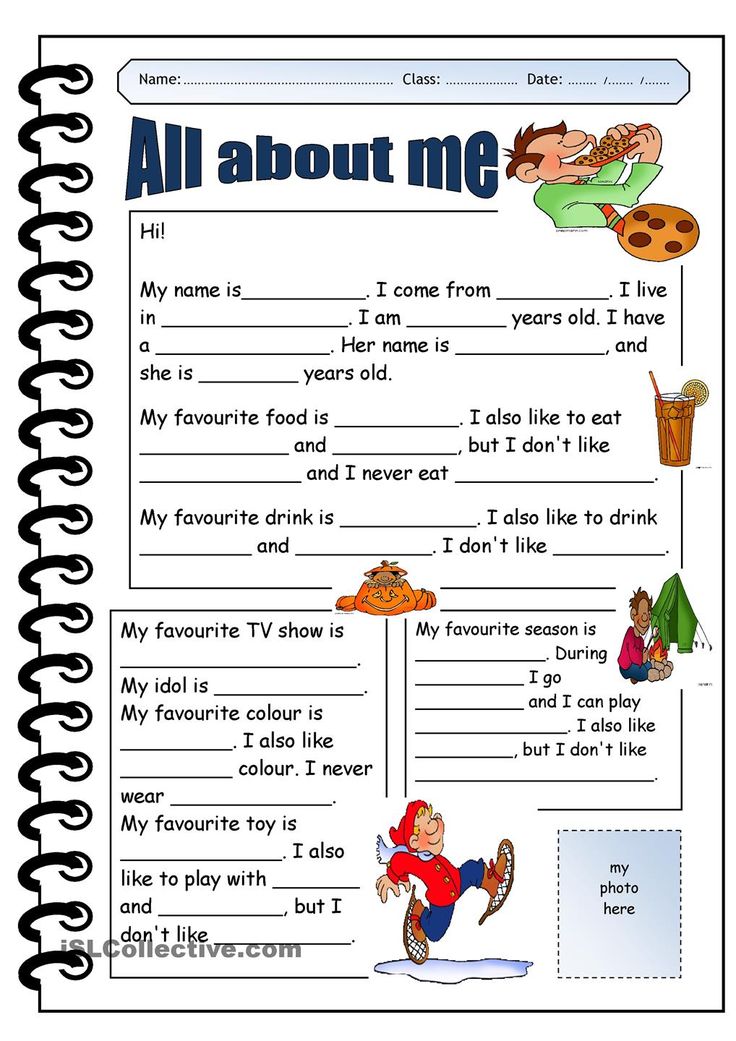
- Ask small groups of students to preview sections of a text and identify difficult words.
- For long chapters, assign different sections to different groups.
- Students place a Post-it next to the words in the text they identify as potentially difficult.
- After identifying the words, the group goes back and uses context clues to hypothesize what the words might mean.
- Clues of substitution: A known word would make sense in the context and is probably a good definition.
- Clues of definition: The word is defined in the text (many textbooks do this).
- Clues of opposition: Words “not, unlike” etc. are excellent clues to what a word is not and thus help define the words.
- After the Brain Power Words list is identified and definitions sought, the students check their work with the teacher.
This strategy is from Becky McTague and Margaret Richek (it’s in the book Reading Success for Struggling Adolescent Learners by Susan Lenski and Jill Lewis).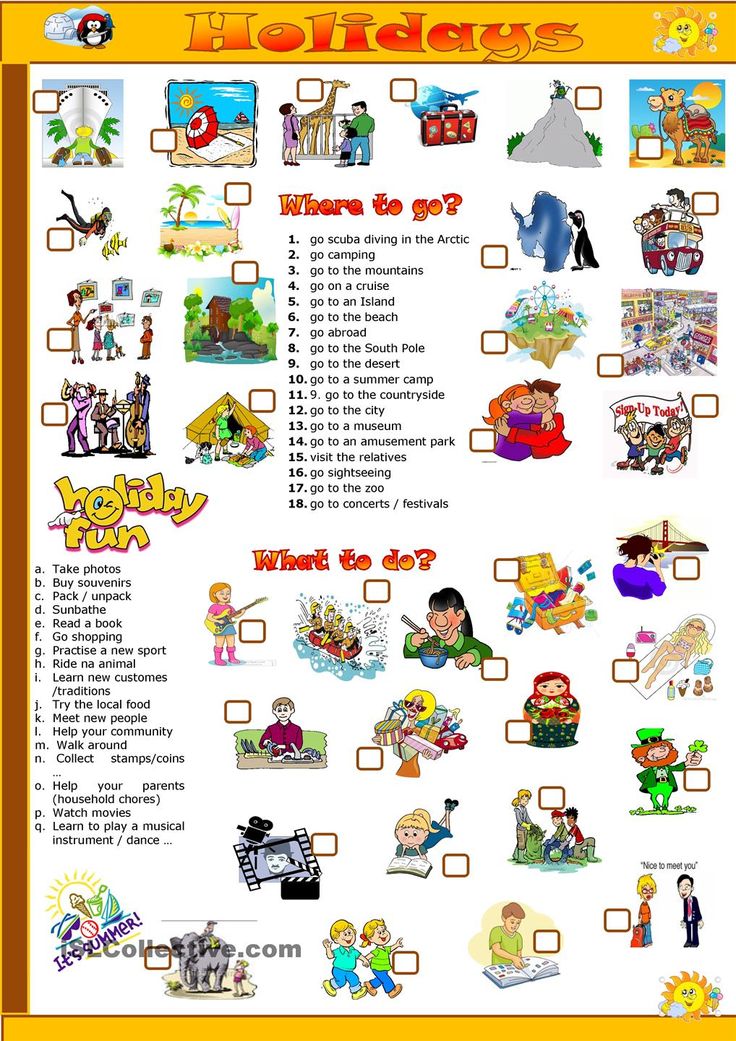
IDEA #20: The Concept Cube
A concept cube is a pattern that is printed on paper or cardstock, cut out, folded, and taped into a three-dimensional cube.
Students write, type, or draw on the pattern prior to assembling the cube, and then they “play” with the cube to explore concepts.
Depending upon the way you choose to use it, they can be similar to a three-dimensional Frayer model.
You can print out a blank cube and have students print the responses below, or complete it online and then print it out.
Before folding, students write clearly in each square following the directions below.
Each student is given one challenging vocabulary word from a recent reading and asked to:
- Write the assigned vocabulary word in one square.
- Write a synonym (word or phrase) in another square.
- Write an antonym (word or phrase) in another square.
- Write a category or categories it could belong to.
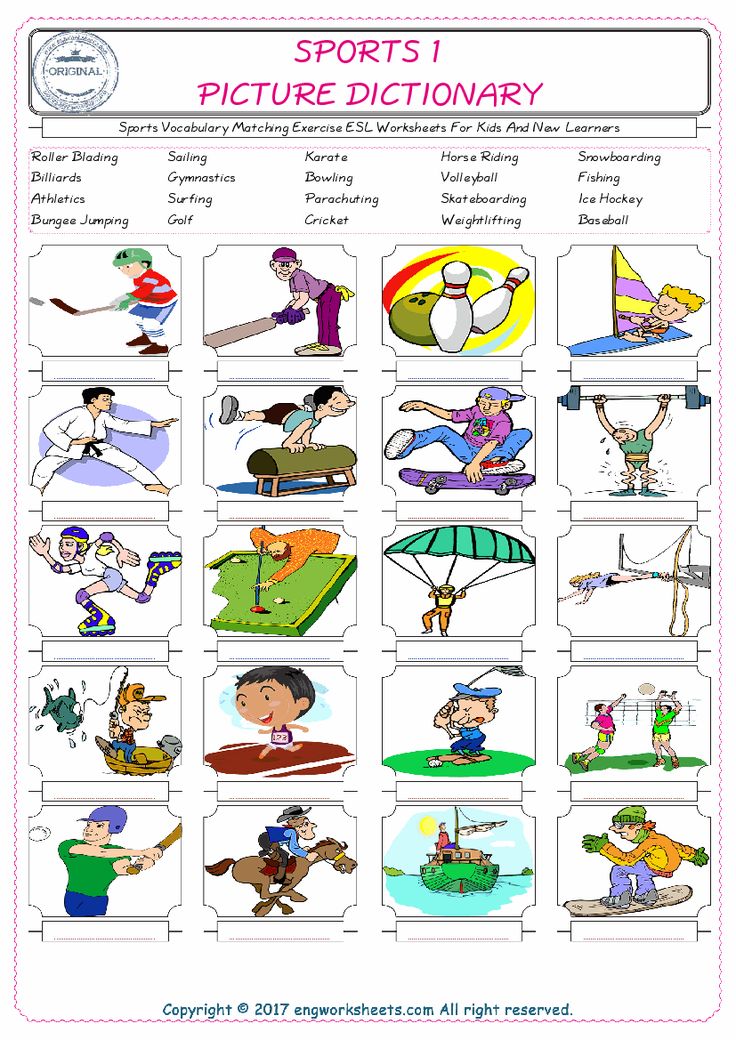
- Write the essential characteristics of the concept of this word.
- Give one example.
Cut, fold, and tape the cube.
Roll the cube and read what comes up on the “top”; the student must tell the relationship of that word or phrase to the original word.
After students know their own cube without any errors, they exchange with a peer.
You can get more ideas and details, as well as a free printable, at VocabularyLuau.
IDEA #21: Phone a Friend
Search TeacherspayTeachers or Teachers Notebook for vocabulary activities you can use or adapt.
The beauty of this is that you can search by grade level and subject, so you can focus on what you’re studying.
A caveat to this is that if you create something grade level or content specific, you can share it with other teachers, too.
The Importance of a Variety of Activities
You want to have a variety of activities so that vocabulary instruction doesn’t become routine or boring.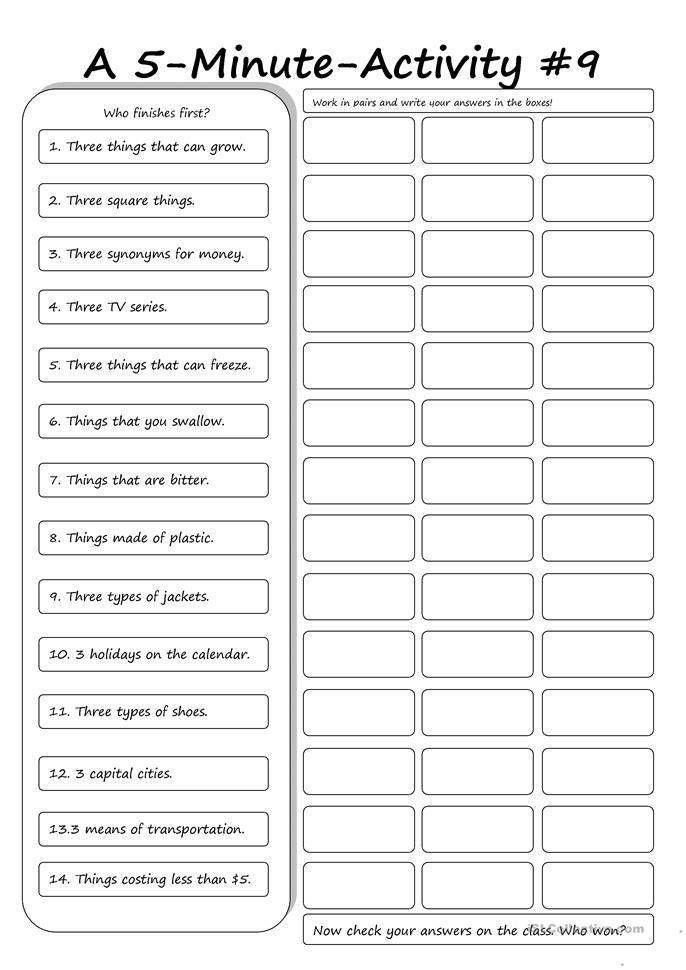
Keeping it fresh with lots of different ways of learning will help students (and the teacher) avoid getting burned out or tired of working with vocabulary.
There’s been so much interest in this that I created an entire website just for vocab ideas called VocabularyLuau.
These 21 activities for teaching vocabulary are just a start. I’d love to know your ideas!
The Vocabulary Series
This post is Part 3 of a four-part series on teaching vocabulary. If you would like to check out the rest of the series, visit the posts below
- Teaching Vocabulary: The books
- Theories & Techniques that work (and don’t)
- 21 Activities for Teaching Vocabulary (this one)
- Ideas for English Language Learners
There’s even a great book for teaching vocabulary!
These ideas work for all vocabulary words.
If your students need to learn vocabulary words and terms that are specific to your content (words like acute angle or latitude or simile or biome), have I got a book for you!
You know how I know it’s great? I wrote it! I wrote it for teachers just like you from the method I created in my own class with my own students and tested over and over.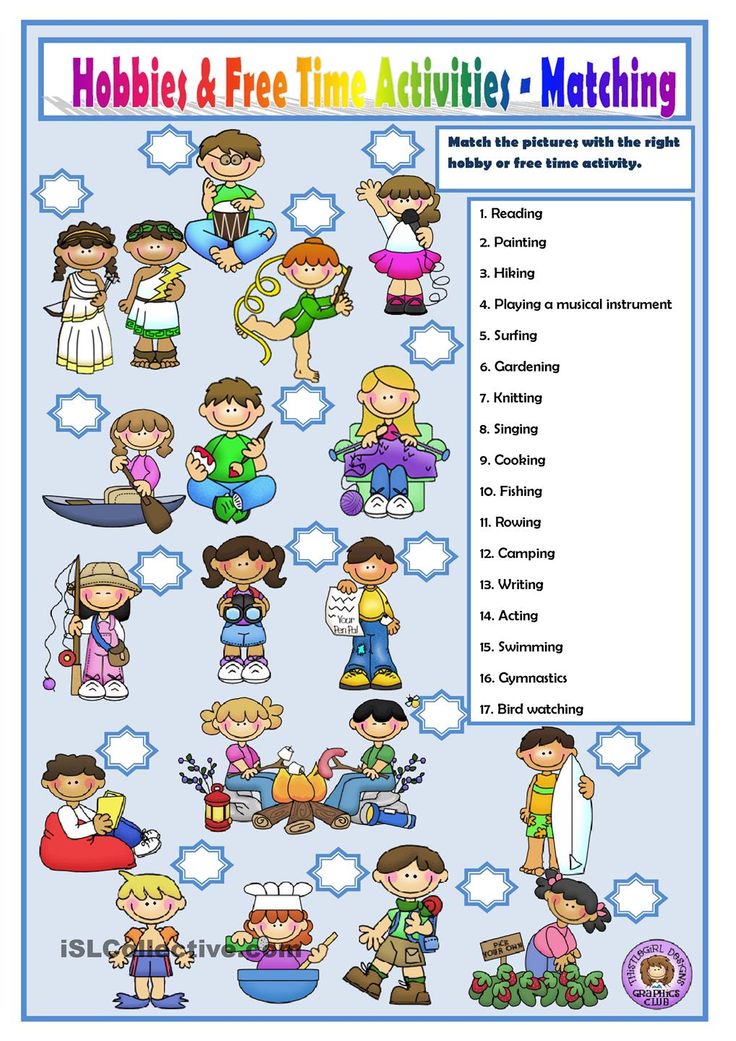
You can learn more about it by clicking on the picture of it, or you can read more and see loads of examples here.
If you already know you want it, you can grab a paperback version on Amazon.
Or, if you want a digital copy, you can use the coupon code GIFTEDGURU for 20% off you can…
Grab your copy
Do You Like Great Ideas?
If so, I share them in my email o’ goodness that goes out about once a month to thousands of people just like you.
You can sign up here (it’s free).
Note: This content uses referral links. Read my disclosure policy (it’s fascinating) for more info.
11 powerful techniques for expanding vocabulary
The richest and most beautiful Russian language allows people who speak it to express themselves in a variety of ways. The accuracy of wording and beautiful speech depend on the vocabulary that a person owns. The more words he uses, the more intellectually developed he is considered.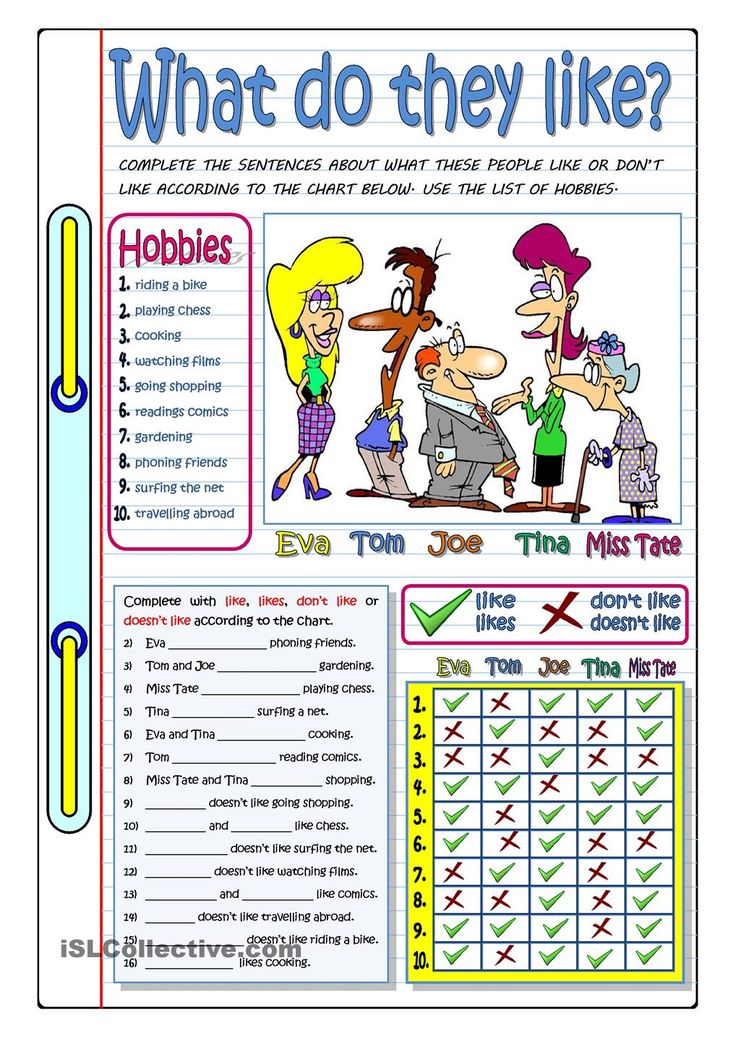 Therefore, it becomes important to increase the number of words used.
Therefore, it becomes important to increase the number of words used.
Contents
- Lexicon: types
- Vocabulary exercises
- Methods for expanding the lexicon without additional time
- Replenishment of the lexicon with time allocation
Lexicon: types
In scientific terms, the vocabulary is called a lexicon, meaning words familiar to an individual, group or included in the language. It is conditionally divided into;
- Active. The first group includes words used every day. They are included in both written and spoken language. A sign of an active lexicon is free use that does not require additional effort.
- Passive. Passive words include understandable words that occur in various sources, but are not used in speech, or are used, but extremely rarely. They are used when necessary, but it takes effort to remember.
- External. The external lexicon denotes unknown words related to specific areas of knowledge.
 These are professional terms, neologisms and so on. It is hardly possible to draw clear boundaries between these groups. They are rather shaky and oscillate to one side or the other. With growing up and mental development, the vocabulary grows.
These are professional terms, neologisms and so on. It is hardly possible to draw clear boundaries between these groups. They are rather shaky and oscillate to one side or the other. With growing up and mental development, the vocabulary grows.
So, if a child going to the first grade speaks two thousand words, then in the last one this number already grows to five thousand. For those who study and develop further, the vocabulary reaches 10,000 words or more. Then most of them belong to the passive stock.
Erudite people sometimes own even 50,000 words. But, only a small part is used daily in communication. The rest of the lexicon is used only with intellectuals like it.
Vocabulary exercises
The following exercises are to be done in writing or speaking.
- Nouns. They tell a little story using only nouns. "Day. Work. End. Exit. Door. Key. Entrance. Car. Key. Ignition" and so on.
- Verbs.
 The same thing that was told using nouns is repeated, only with verbs.
The same thing that was told using nouns is repeated, only with verbs. - Adjectives and adverbs. Then comes the turn of other parts of speech.
- Alphabet. Come up with related words that sequentially begin with the letters of the alphabet in order. “Alena talks in the evening, walking up to the cherished spruce, gesticulating and eloquently cherishing lovely tender dandelions. Pasha follows nearby, dragging a comfortable chrome-plated lantern, often catching a nimble twittering with extravagant humorous language.
- Monophone. Make up your own speech, the words of which begin with one letter. Each of them is connected with each other, even if the meaning suffers.
It is not easy to do each of the exercises. But the words gradually move from the passive lexicon to the active one and its replenishment takes place.
Lexicon expansion techniques without extra time
Vocabulary development is, in fact, necessary for voicing one's thoughts, intentions, analysis and conclusions.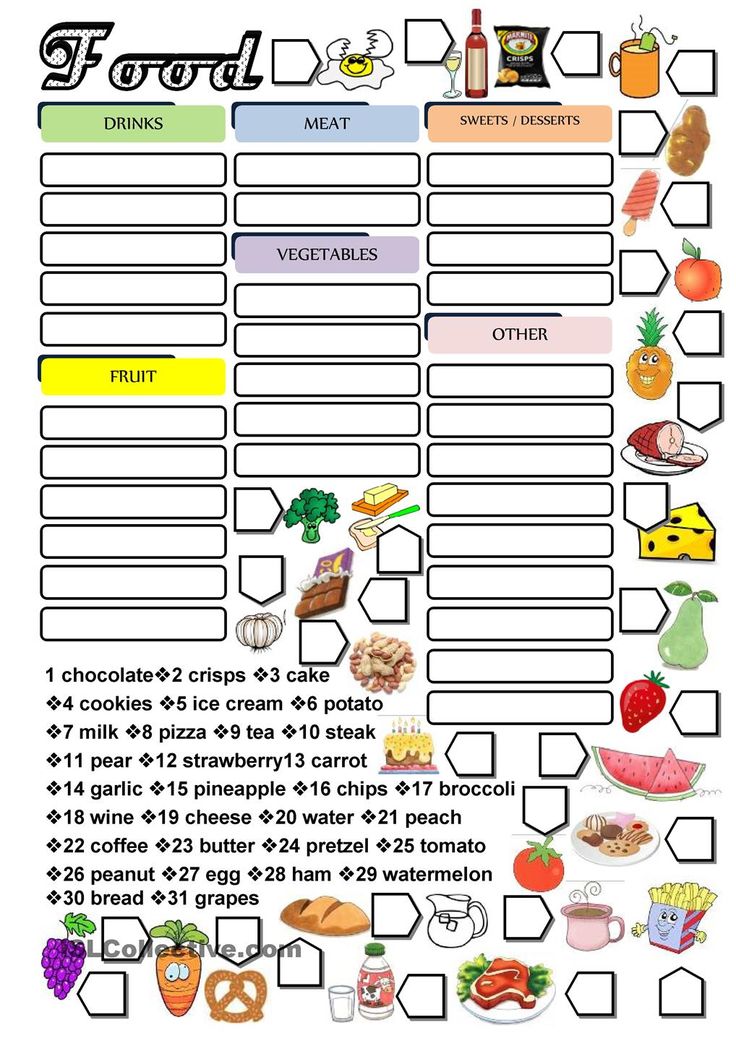 This skill is reinforced by practice and weakened by its absence. Therefore, in order to develop your speech, you should constantly communicate. Vocabulary growth is ensured: when learning new words that we hear from interlocutors; exact definitions when words are translated from a passive lexicon into an active one.
This skill is reinforced by practice and weakened by its absence. Therefore, in order to develop your speech, you should constantly communicate. Vocabulary growth is ensured: when learning new words that we hear from interlocutors; exact definitions when words are translated from a passive lexicon into an active one.
- Therefore, it is desirable to communicate with different people. These are friends, neighbors, fellow students, comrades in the gym. People you meet on the Internet in forums and social networking pages, fellow travelers and vendors also serve as an opportunity for communication and as a way to expand your speech.
- Another effective way to replenish your vocabulary, which does not require special time, is listening to audio books. This is relevant when you have to spend a lot of time on the road, driving your car, ideal for auditory people (for people who perceive information better by ear). A variety of books are sold in this format: novels, aphorisms, and philosophical teachings.
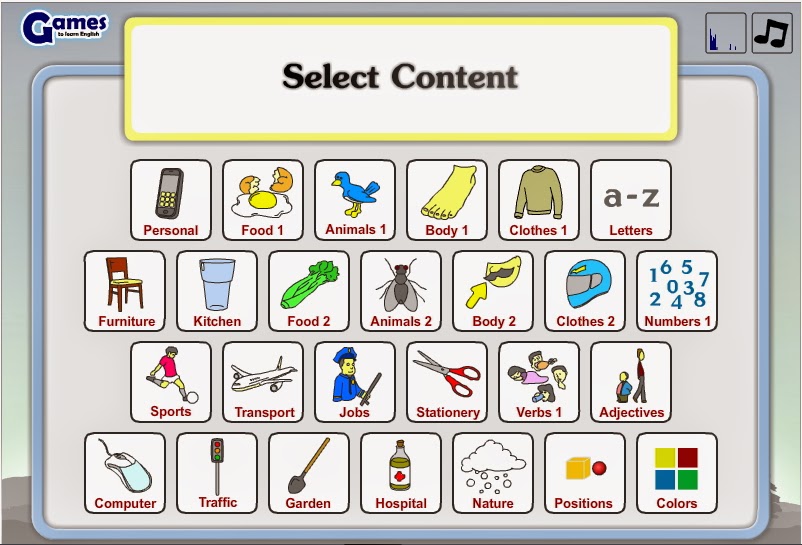 Having recorded on a flash drive, you can now not be bored in a traffic jam, but listen to a fascinating story. It is convenient to listen to audio books before going to bed.
Having recorded on a flash drive, you can now not be bored in a traffic jam, but listen to a fascinating story. It is convenient to listen to audio books before going to bed.
Vocabulary development with time allotment
The following activities will help you build your vocabulary.
- Reading. Reading is the richest source of information. Books, newspapers, online publications, magazines - everywhere there are inexhaustible reserves of replenishment of the lexicon. It is advisable to set aside an hour a day for this exciting activity. Sometimes it's good to say the words out loud.
- Learning a foreign language. Do not limit your vocabulary to knowledge of one Russian language. Others are also useful to study. The more a person enriches his speech, the better connections are made, and the easier it is to recall words from memory.
- Games. There are interesting exciting linguistic games: charades, puzzles and the like.
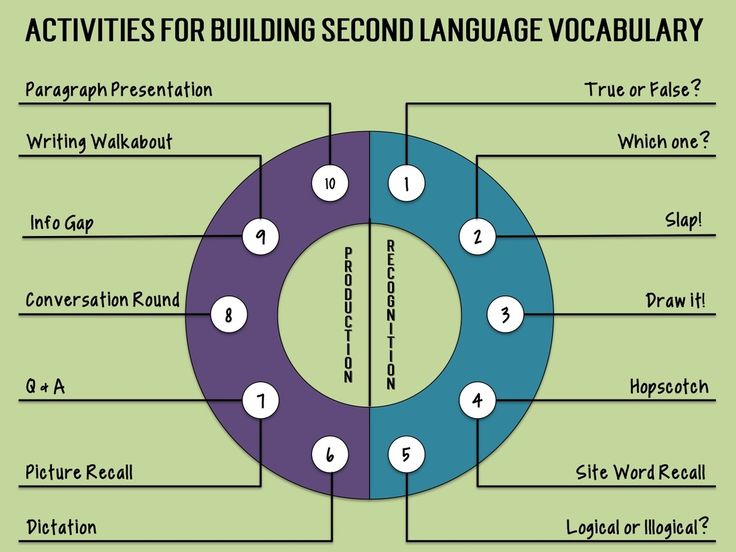 When they are guessed, they are involuntarily interested in words and meaning.
When they are guessed, they are involuntarily interested in words and meaning. - Diary. Another useful activity is journaling. When it is impossible to go to foreign language courses, they write for themselves. This is a good way to improve the vocabulary, as taking notes formulates thoughts that are in the emotional and motivational areas.
- Memorization. Memorization makes it possible to bring new words into the active stock. For this, there is a way of retelling what was heard, memorizing verses and definitions. It is one of the most effective methods of mastering new knowledge.
For this it is important:
- daily to include new words in speech;
- use a notebook, entering intricate statements, words, phrases with clever expressions;
- learn the essence of new words by adding a visualization technique;
- memorize poems, quotes, sayings, etc.
Previous articlePrevious Next articleNext
Like it? Share with friends!
How to develop vocabulary | Blog 4brain
The richness of any language is in its words, and the Russian language is known throughout the world for its diversity. Thanks to this, each of us can talk, convey our thoughts, express ourselves eloquently. The accuracy of the formulations we select and the beauty of speech directly depend on the amount of vocabulary that we have. The more words we know, the more often we use them, the brighter and more colorful our speech, the more accurately we convey the meaning. In addition, a rich vocabulary is evidence of the intellectual development of a person. It can be useful to us at work, in school, in public speaking, in normal everyday communication. That is why the development of vocabulary is so important and even necessary. In our articles “10 Ways to Increase Your Vocabulary” and “Strategies for Enriching Your Vocabulary”, we have already talked about this topic, but there is something to add here.
What you need to know about vocabulary
To begin with, it is useful to know that in the science of language, it is customary to use a special term for vocabulary - "lexicon". It is the best suited to convey the essence of the concept of "vocabulary". It is important to understand that the lexicon is not just an archive of words, but a whole complex of vocabulary units of the language that society uses and a person owns.
And here we must immediately clarify that having a vocabulary and using it are two different things, and one should not be equated with the other. Lexicon includes:
- Active vocabulary. This includes the set of words that we use every day, constantly, communicating with relatives, friends, work colleagues and everyone around us. Also, these are the words that we hear from other people and can freely insert into our speech, without really thinking about their meaning. We use active vocabulary not only in oral speech, but also when we write letters, SMS, messages on social networks, etc.
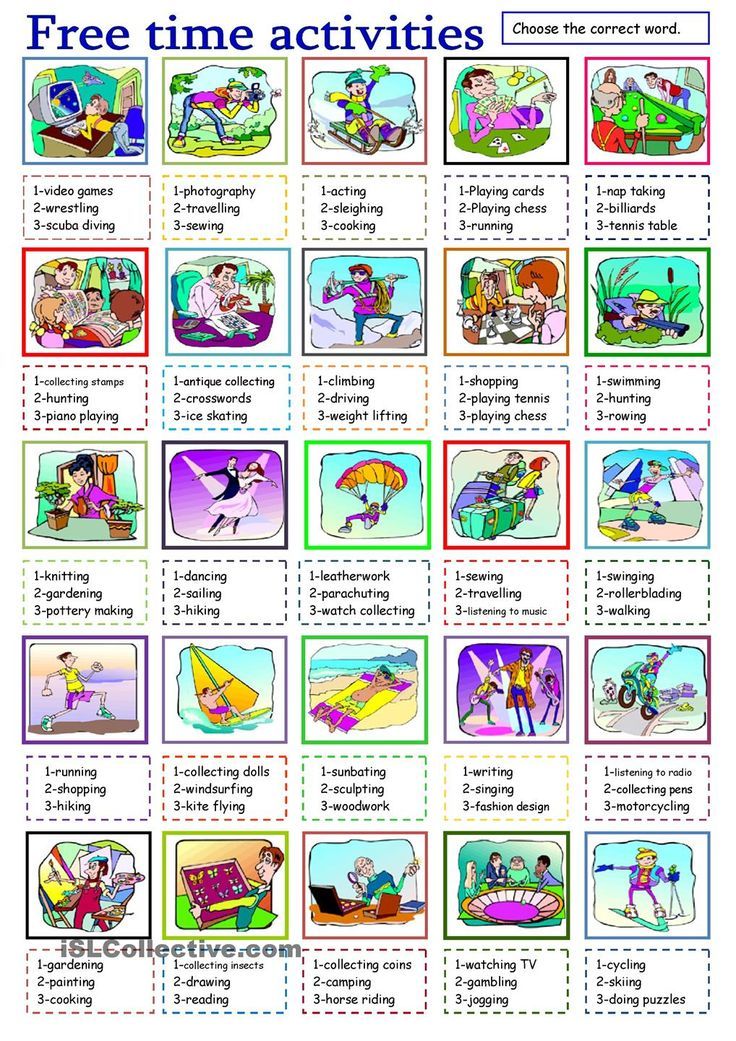 The main features of an active lexicon are the freedom of its use and the absence of any need to make efforts to select certain words, to look for their meanings in memory.
The main features of an active lexicon are the freedom of its use and the absence of any need to make efforts to select certain words, to look for their meanings in memory. - Passive vocabulary. Here are all the words that we know, including those whose meaning we can easily understand when they come across to us in someone else's speech, the Internet, and written sources. However, these are all words that we use very rarely or not at all in our speech. It is easy to guess that the passive lexicon can be several times larger than the active one. Naturally, if necessary, we can delve into the memory and find words from the passive vocabulary there, but in ordinary life they serve as unused "baggage".
- External vocabulary. This definition is most often used in psycholinguistics to refer to words that a person does not know and which belong to specific areas of knowledge. If we meet such words in someone's speech or text, we will not understand their meanings.
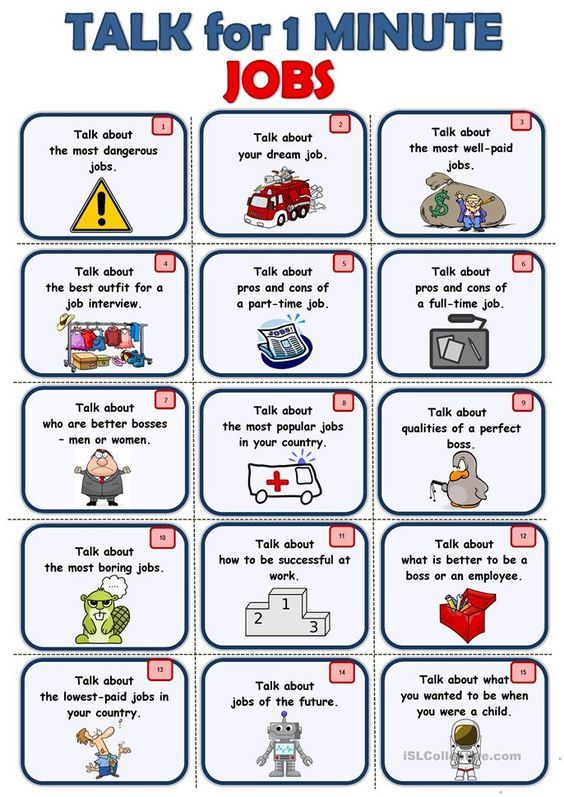 The external lexicon can be called a "blind zone", within which there are archaisms, neologisms, professionalisms, highly specialized concepts, terms, etc.
The external lexicon can be called a "blind zone", within which there are archaisms, neologisms, professionalisms, highly specialized concepts, terms, etc.
It is not always possible to define clear boundaries between different types of vocabulary, since they are quite blurry and can constantly shift from one side to the other. Plus, you need to understand that, for example, a child who is just going to school can literally speak a couple of thousand words, and by the end of school there are already about five thousand of them in his lexicon. And, in principle, this amount is already quite enough for everyday life; almost all of these words are actively used.
If a person continues to study, reads and learns new things, his vocabulary can expand to ten thousand words, but a huge number of them will already belong to the passive vocabulary. But the lexicon of true scholars and intellectuals sometimes has up to 50 thousand words. Of course, only a small part of them will be actively used.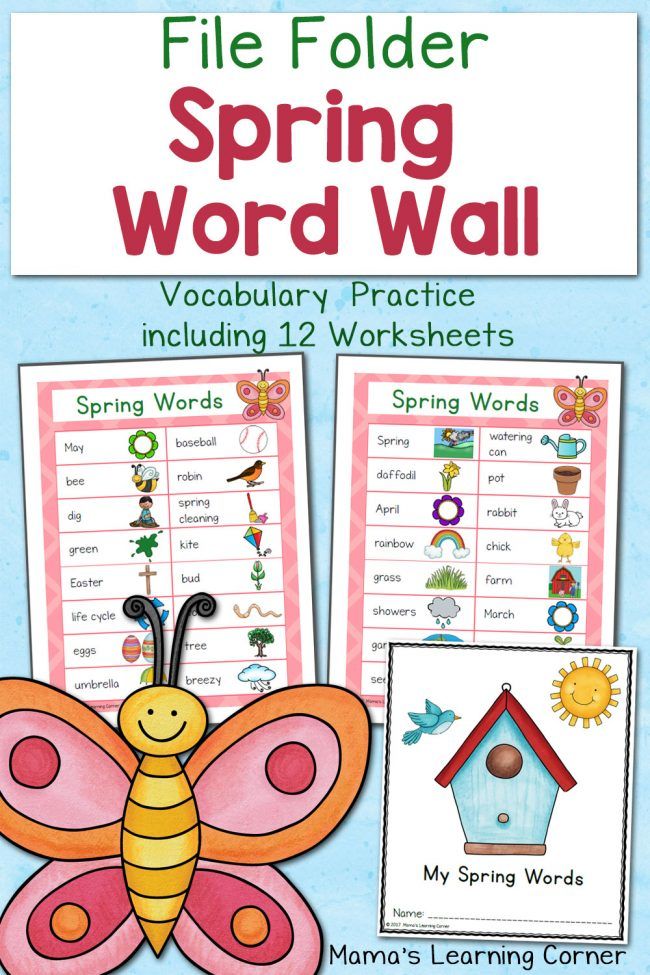 The rest will be used by such people to communicate with similar scholars or in the process of reading specific literature. At the same time, their passive vocabulary for most ordinary people will be in the zone of external vocabulary.
The rest will be used by such people to communicate with similar scholars or in the process of reading specific literature. At the same time, their passive vocabulary for most ordinary people will be in the zone of external vocabulary.
Next, we will focus on how to develop active vocabulary. We also advise you to read the article “How to transfer vocabulary from passive to active vocabulary” and take a short video test to find out approximately how developed your vocabulary is currently.
YOUTUBE How rich is your vocabulary
Vocabulary development
The following exercises and techniques for the development of speech and vocabulary are perfect for children and schoolchildren, as well as for students and adults. There are no special rules and instructions for their implementation, except for the only one - they must be applied, and the more often you exercise, the better results you will achieve. Let's start by looking at three groups of tasks, and then we will give some useful recommendations.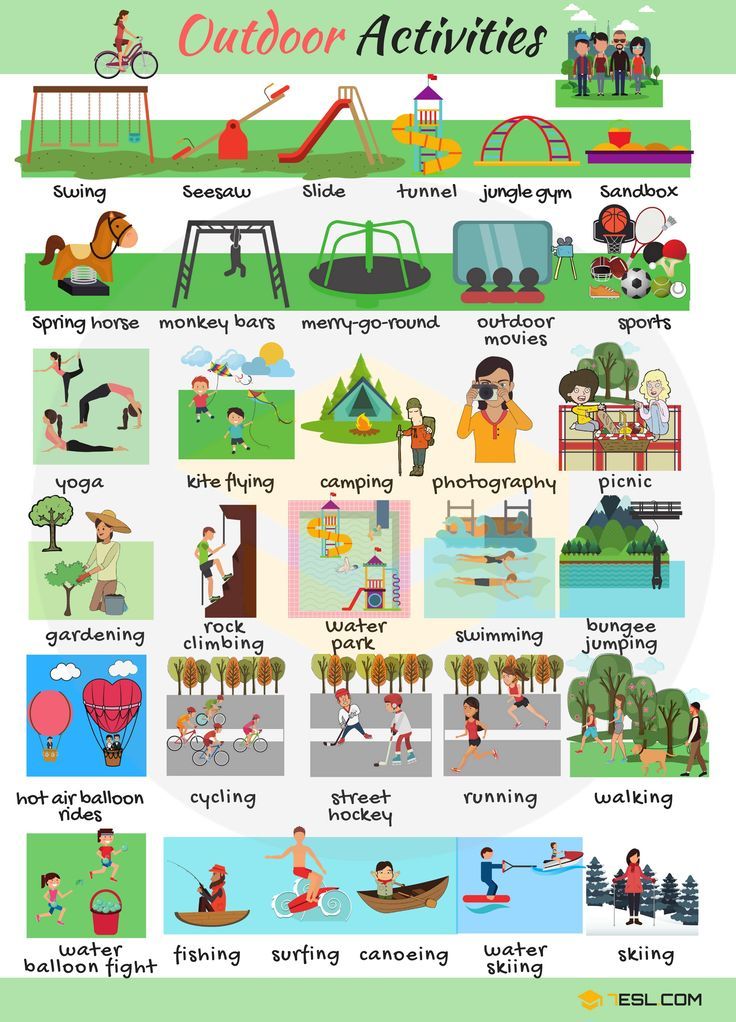
General exercises for the development of vocabulary
Exercises from this group can be performed orally or in writing:
- Exercise "Alphabet". You need to come up with sentences in which words begin with each letter of the alphabet in order. For example: “Antosha wanders in the thick of trees, eats honeysuckle, yawns. And the beauties of the forest sweetly, gently captivate ... ”etc. Try to come up with sentences using all the letters from A to Z.
- Exercise "Nouns". You are telling a short story using only nouns. For example: "Morning. Coffee. Car. Office. A computer. Dinner. Evening. The outside. House. Entrance", etc.
- Exercise "Verbs". Similar to the previous exercise, you tell a short story using only verbs. For example: "I came, I saw, I conquered."
- Exercise "Adjectives and adverbs". Everything is done, as in the previous exercises, only using adjectives and adverbs.
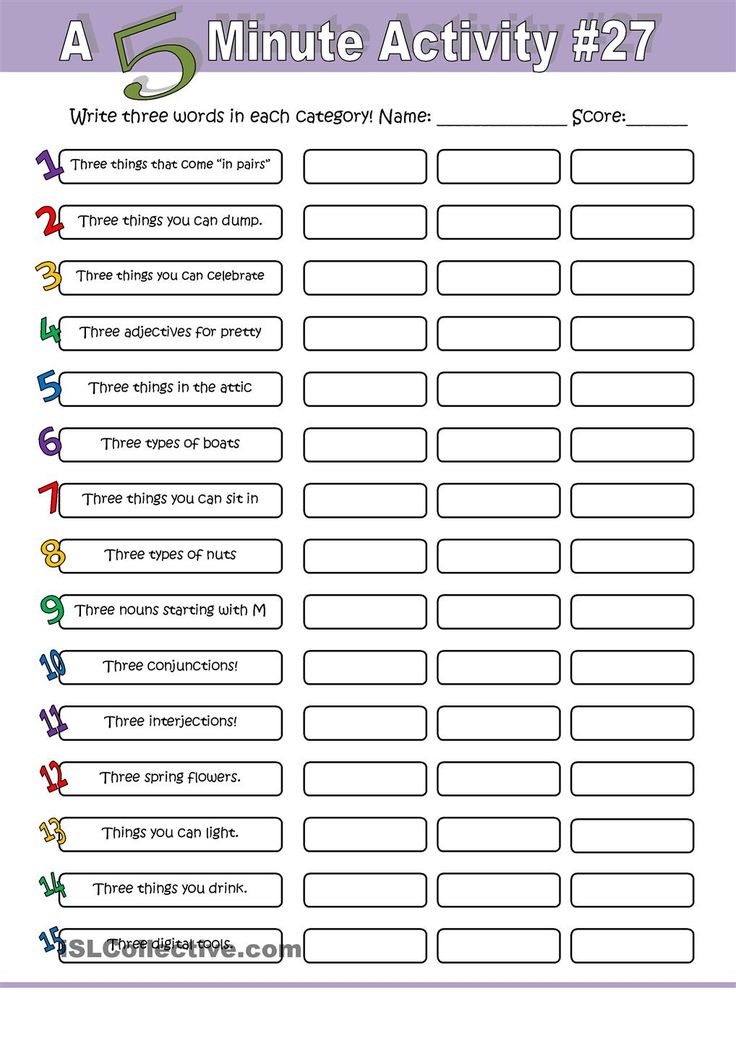
- Exercise "Monophone". You come up with sentences in which all words begin with the same letter. The words must be linked. It is desirable that the meaning be preserved, but at the first stage, you can give yourself an indulgence - not to think too much about the meaning.
At first, these exercises will not be easy, especially for schoolchildren and children, but with practice, the results will get better: it will become easier to make interesting sentences and stories, and new words will gradually appear in everyday speech.
Simple and quick vocabulary development techniques
As we already know, the development of speech and vocabulary is necessary primarily for voicing thoughts and conveying meaning. If you constantly train, this skill will develop, and if you do not pay attention to it, then it will become weaker. Based on this, for the development of the vocabulary, you need to communicate with people as much as possible, pay attention to the new words that they use, memorize their meaning and apply it in speech yourself.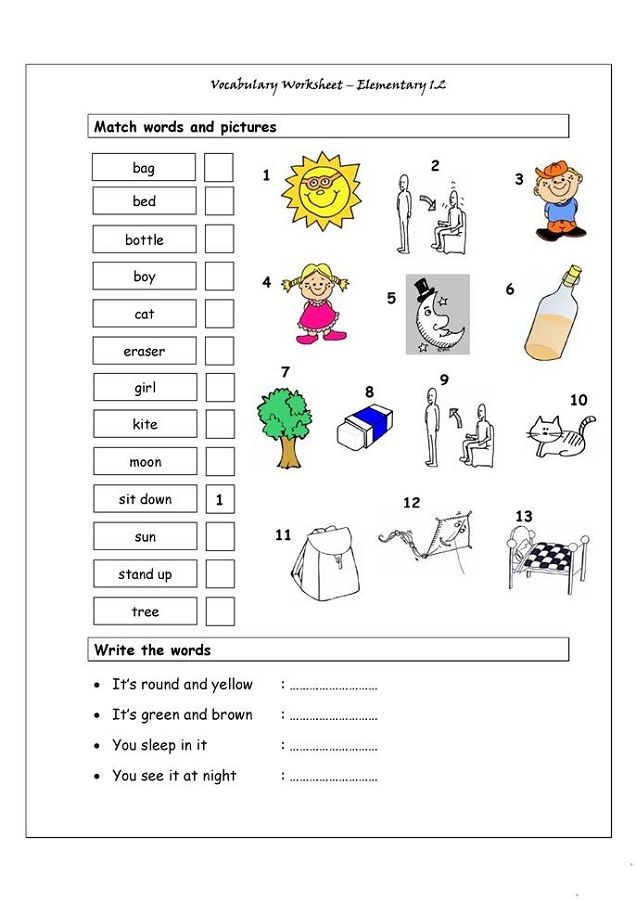
Here we can give two main pieces of advice:
- It is useful to communicate with diverse and different people. Among them may be: acquaintances, buddies and friends, classmates, classmates and colleagues, training partners, shop assistants and fellow travelers in taxis and public transport, people in social networks and forums, etc. In other words, the volume of vocabulary largely depends on the breadth of the circle of communication.
- It is equally useful to listen to audiobooks. This tool is quite effective and requires almost no effort from you. In addition, it is very convenient: you can listen to audio books (as well as seminars and all kinds of tutorials) in headphones on the way to work or school, in the car during any trips, at home, doing housework or cooking. If you wish, you can find special books for the development of vocabulary, collections of quotes and aphorisms, biographies, philosophical and scientific works, works of art and much more.
The techniques presented are suitable for schoolchildren, students, busy people and businessmen, as well as all those who do not have free time for special classes to expand their vocabulary.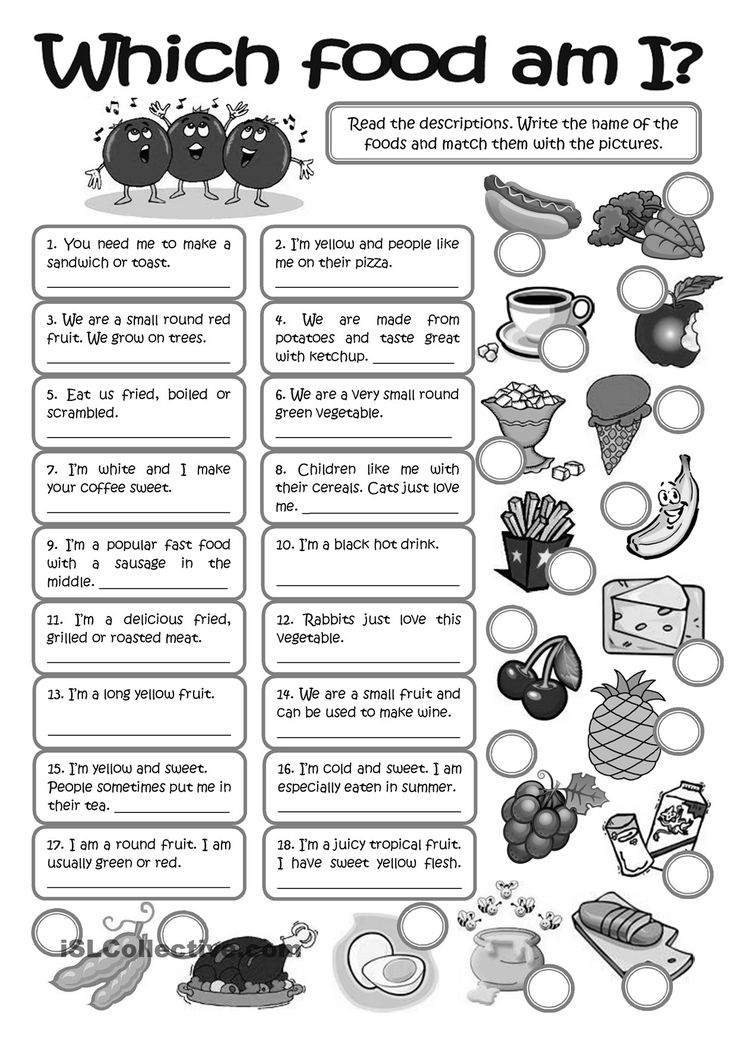 If you do not have problems with leisure, and you want to spend time usefully, refer to the following means.
If you do not have problems with leisure, and you want to spend time usefully, refer to the following means.
Special Vocabulary Techniques
To use these techniques, you will have to set aside time for them. But the effect will be much stronger than when performing general exercises and using simple and fast tools. Vocabulary development is facilitated by:
- Memorization. If you not only listen and learn new words, but also try to memorize them, you will increase your chances of enriching your vocabulary, and at the same time you will begin to translate many words from a passive vocabulary into an active one. As you know, the best way to remember something is repetition, so at your leisure it is useful to retell the speech of other people, passages from books you read, etc. Try to match the original as much as possible, preserve the style of the author, as well as his manner of presentation. It is no less effective to memorize poems, songs, and even definitions of various concepts.
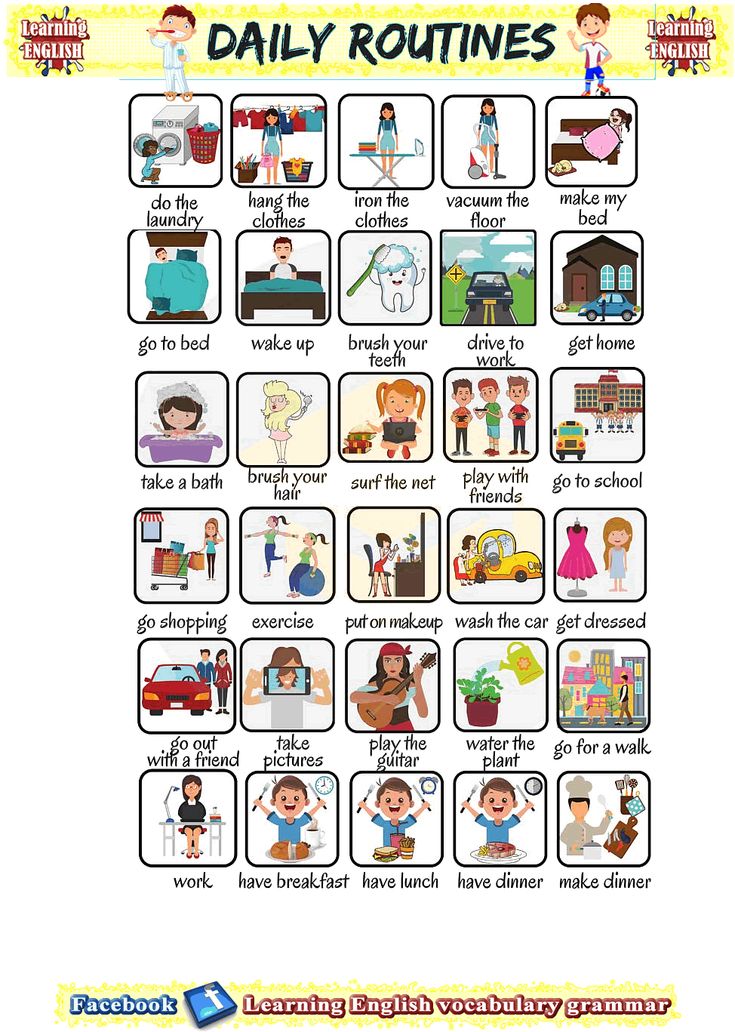
- Study of foreign languages. You cannot limit your vocabulary to the words of only one language. Learning English, Turkish, Spanish and any other language contributes to the expansion of vocabulary in several directions at once. Firstly, the more new words you learn and memorize, the more connections you establish between them and the easier and faster you can “grab” the right word from memory. And secondly, by studying foreign words, you also get acquainted with the words of your native language, which you did not know before. By the way, an interesting fact: in Russian there are about 500 thousand words, in English - about 250 thousand, and in Japanese - about 50 thousand.
- Keeping a diary. Suppose that for some reason you cannot start learning a foreign language now, do not want to listen to audio books and do not want to communicate with a large number of different people. There is still a way out - to keep a diary. Writing for yourself is not super effective, but it can help anyway.
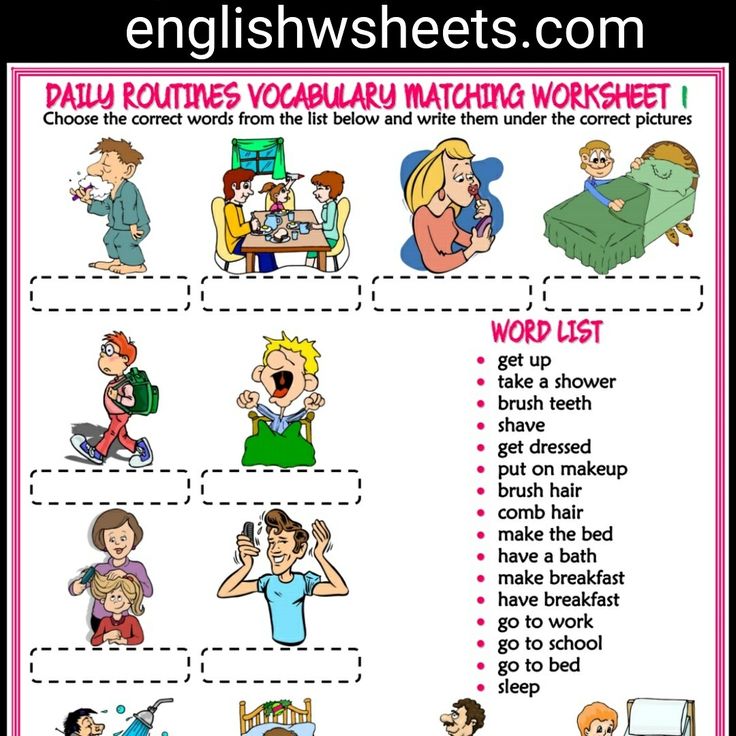 Pick up a notebook or notebook and start writing something down every day. Due to the fact that you will constantly be forced to formulate your thoughts, your vocabulary will begin to grow on its own, because you will need to select certain words, including those that are in the passive vocabulary. And the bonus will be training your literacy and checking your knowledge of the rules of the Russian language.
Pick up a notebook or notebook and start writing something down every day. Due to the fact that you will constantly be forced to formulate your thoughts, your vocabulary will begin to grow on its own, because you will need to select certain words, including those that are in the passive vocabulary. And the bonus will be training your literacy and checking your knowledge of the rules of the Russian language. - Linguistic games. Specialized games, such as word puzzles, charades, rebuses, crosswords, crossword puzzles, etc., are excellent for the development of the vocabulary of children, schoolchildren and adults. When you solve them, you will automatically learn new words and their meanings. In addition to this, on the Internet you can find many interesting vocabulary games that are great to play in a company. Here are just a few: Hidden Motives, The New Dictionary, A Day in the Life, Sound Images, and Taboo. And here, too, there is a bonus - the general development of thinking and intelligence.
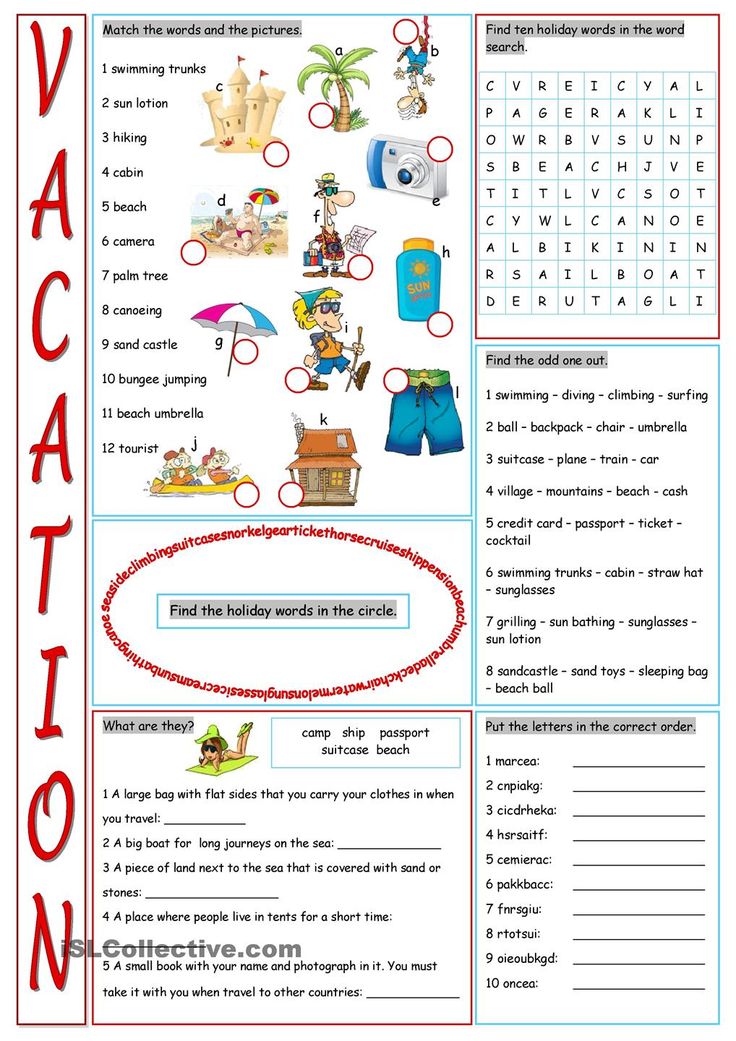
- Reading. Websites, books, newspapers and magazines serve not only as a source of information, but also as a tool for replenishing vocabulary. Naturally, when choosing what to read, you need to build on individual tasks and interests. Depending on the vocabulary of which “profile” you want to replenish, you can choose special, scientific, journalistic or fiction. Reading is recommended for at least an hour every day, and in order to learn words faster, it is better to read aloud, because. memorization is more effective when speaking. If you want to focus on individual words, then you can study all kinds of reference books and dictionaries: spelling, rare words, synonyms, sensible different authors, and others.
The exercises and techniques we have proposed should be enough to fill your head with many different words, concepts and terms. It is best to resort not to any one method, but to use several at once. You can even choose a specific activity for each day.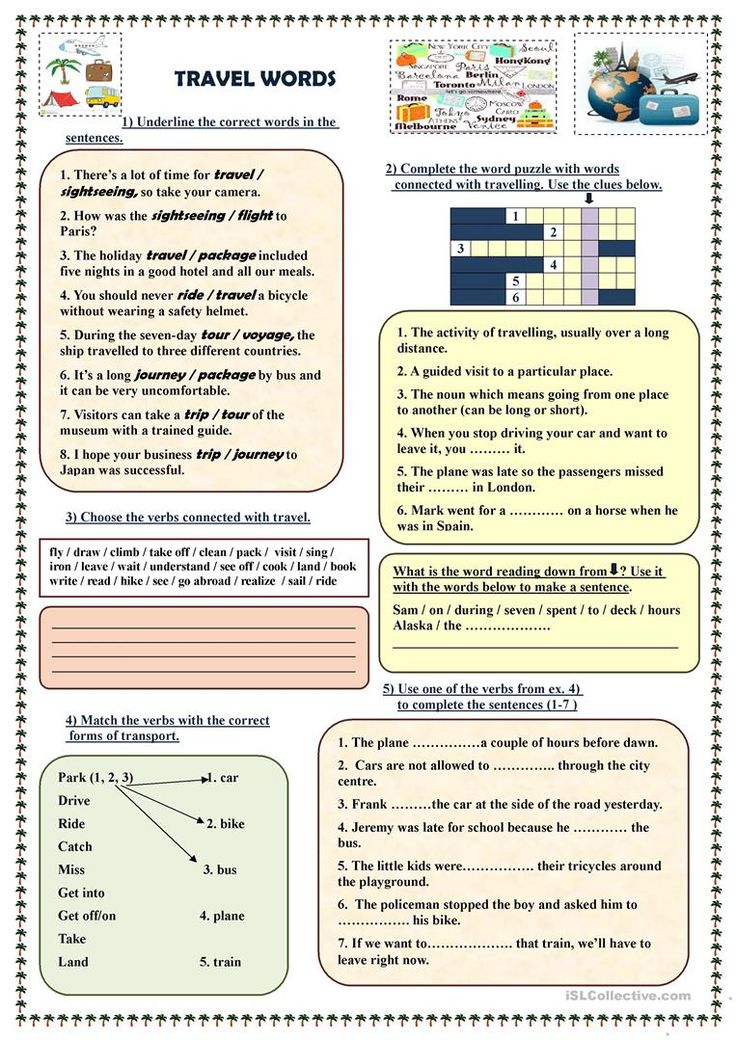 And if everything is quite simple with exercises, foreign languages and linguistic games, then with books it is quite possible to dream up. Therefore, we want to advise you to read not just everything and anything, but something specific.
And if everything is quite simple with exercises, foreign languages and linguistic games, then with books it is quite possible to dream up. Therefore, we want to advise you to read not just everything and anything, but something specific.
Books for the development of vocabulary
Books are always good because they allow a person to learn a lot of new and interesting things. Reading in itself makes speech more developed and rich, but not all books will be useful for these purposes. There are universally recognized writers, authors of real masterpieces, demonstrating the beauty of the great Russian language (and the language in general) as much as possible.
Let's start with Russian classics, which influenced the formation of Russian speech, as well as morality. The books of the following authors will help to significantly expand the lexicon:
- A. S. Pushkin. It can be called the basis of Russian literature, because its vocabulary was about 25 thousand words.
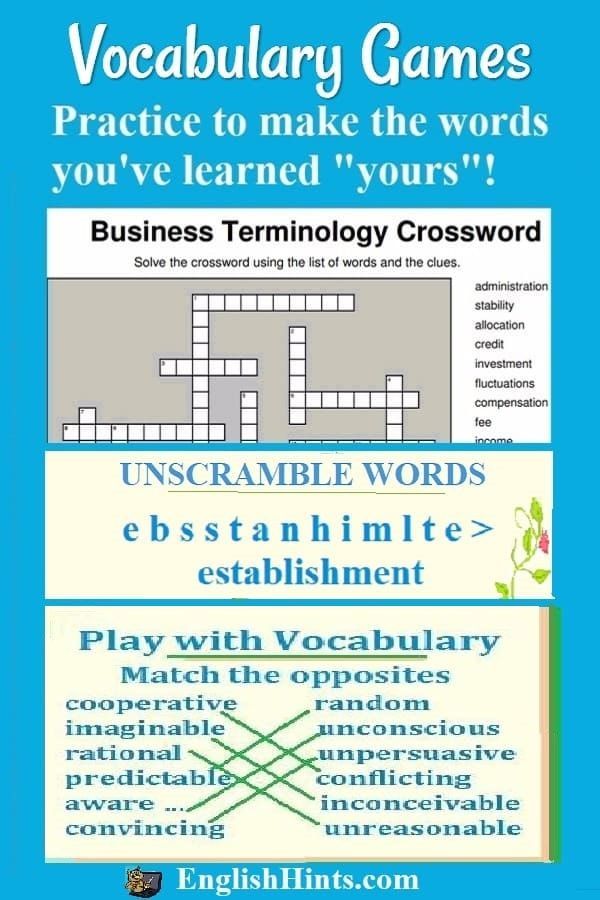 You can be sure that with the help of his writings, poems and fairy tales, you will seriously replenish your vocabulary.
You can be sure that with the help of his writings, poems and fairy tales, you will seriously replenish your vocabulary. - M. V. Lomonosov. No less “effective” are the translations, letters and poems of this remarkable person, who is considered the founder of Russian poetic culture.
- F. M. Dostoevsky. Reading the works of this philosopher and novelist (“The Brothers Karamazov”, “The Idiot”, “Crime and Punishment” and others), you will not only plunge into the bowels of the Russian language, but also learn the world of new feelings and experiences.
- N. M. Karamzin. We advise you to pay attention to the books "History of the Russian State" and "Poor Lisa". They alone are enough to enrich your speech with many new words, including barbarisms and neologisms.
Foreign classics are equally capable of influencing the development of speech. In addition, reading such books, you can get acquainted with the behavior of people of different nationalities:
- French authors: Honore de Balzac, Emile Zola, Jules Verne, George Sand and others.
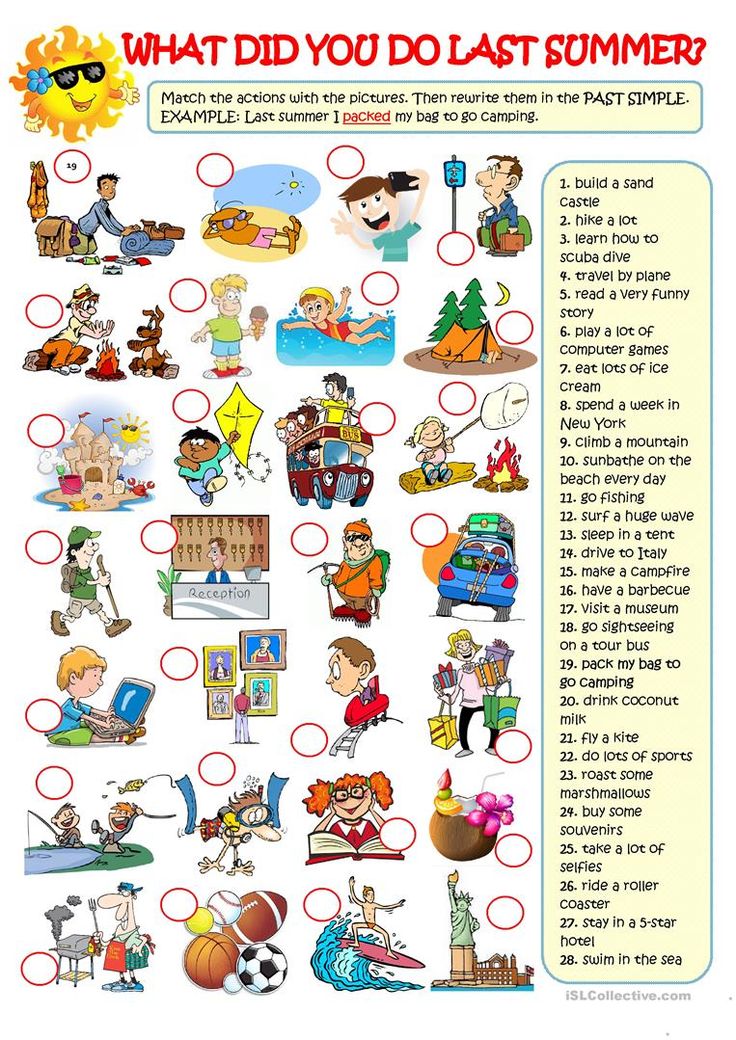
- English authors: William Shakespeare, Arthur Conan Doyle, Oscar Wilde, Daniel Defoe and others.
- American authors: Margaret Mitchell, Mark Twain, Ray Bradbury, Jack London and others.
- Spanish authors: Miguel de Cervantes, Camilo José Sela, Eduardo Mendoza, Francisco de Quevedo y Villegas and others.
Next on our list is more specific literature - dictionaries. Their study, perhaps, even better helps to develop speech and vocabulary. Feel free to take any of the listed dictionaries and start reading it:
- Russian Literary Pronunciation and Stress, Ed. R. I. Avanesova and S. I. Ozhegov.
- "School Phraseological Dictionary of the Russian Language" by V.P. Zhukov in collaboration with A.V. Zhukov, ed. G. V. Karpyuk.
- Dictionary of Russian Proverbs and Sayings. V. P. Zhukov.
- "A unique illustrated explanatory dictionary of aphorisms and winged words for children" by S. N. Zigunenko and A. F. Istomin.
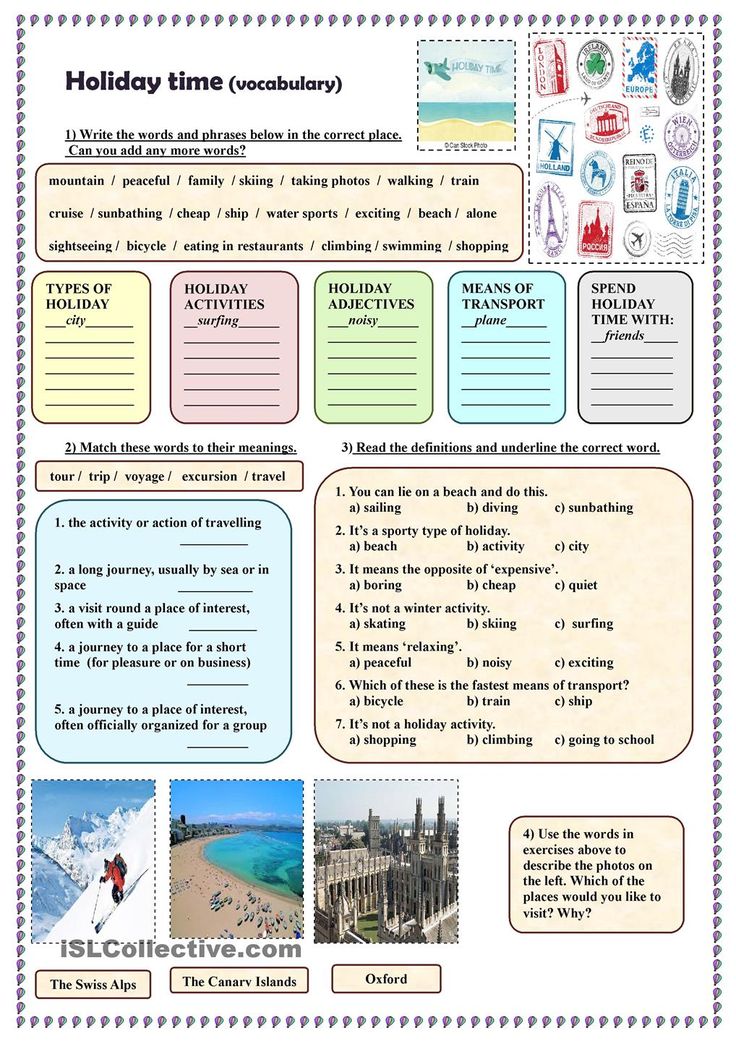
- "Dictionary of synonyms of the Russian language" 3. E. Aleksandrova.
- "Spelling Dictionary of the Russian Language" by D. N. Ushakov, S. E. Kryuchkov.
- School Etymological Dictionary of the Russian Language. Origin of words. N. M. Shansky and T. A. Bobrova.
- "Dictionary of antonyms of the Russian language". M. R. Lvova.
And several explanatory dictionaries:
- S. I. Ozhegov's explanatory dictionary.
- Explanatory Dictionary of the Living Great Russian Language by V. Dahl.
- Russian explanatory dictionary by VV Lopatin.
- Explanatory Dictionary of T. F. Efremova.
- Dictionary of D. N. Ushakov.
- Explanatory Dictionary of A.P. Evgenyeva.
And finally, if you want to give yourself a real intensive training in the development of speech and speech skills, but also have an interesting time, refer to very informative specialized works:
- "A word about words.
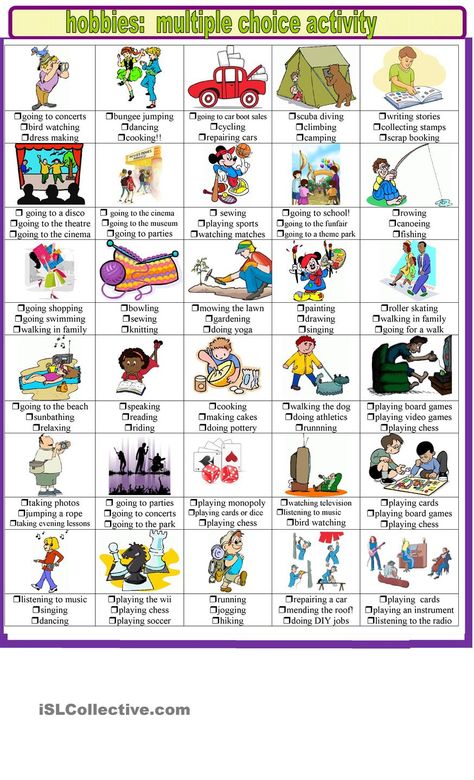 " Lev Uspensky.
" Lev Uspensky. - "Do we know Russian?". Maria Aksenova.
- "Live like life". Korney Chukovsky.
- "The Russian language is on the verge of a nervous breakdown". Maxim Krongauz.
- "Russian with a dictionary". Irina Levontina.
- "From Adam's apple to the apple of discord." Vadim Khrappa.
- "Word living and dead". Nora Gal.
- "Oddities of our language". Nigel Brown.
- "How to talk to anyone, anytime, anywhere." Larry King.
And in conclusion, a few words about how to quickly memorize new words from books. This is best done in a playful and creative way:
- Solve thematic crossword puzzles dedicated to specific works.
- Answer questions after reading the books. They can be found on the Internet, and it is better to give answers in writing.
- Write summaries of your favorite works, imitating the authors. So you will develop speech, literacy and memory.
- Keep a diary, where you will write down interesting words that you like.
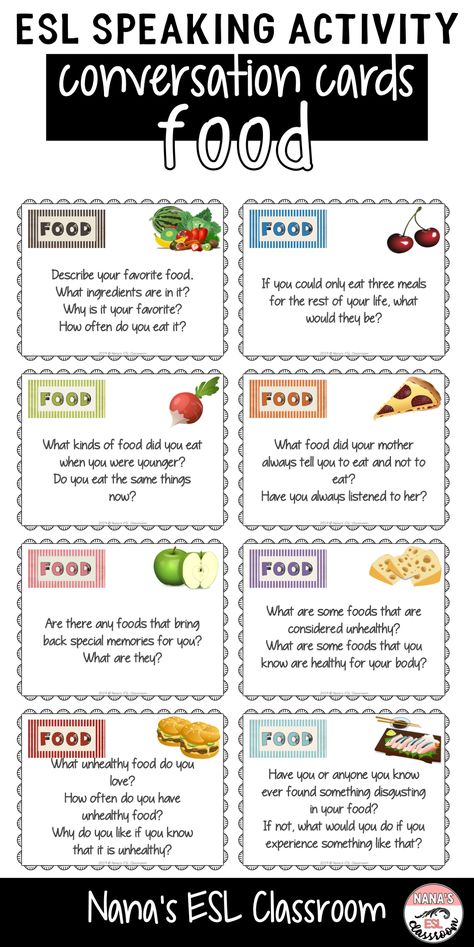 Don't forget to include their definitions there as well.
Don't forget to include their definitions there as well. - Try your hand at writing. On weekends, spend a couple of hours writing a short story or essay on a free topic.
Communicate with people, read books, study dictionaries and encyclopedias, write down new words in a diary, notebook or stickers - all this is the components of the development of speech and vocabulary. If you want to expand your child's vocabulary, read aloud to him, consider and describe wimmelbuchs, play board and active games, make words from cubes and magnets and explain their meaning, keep him inquisitiveness and interest in the world around him.
Active and conscious actions - this is what is a prerequisite and a guarantee for the development of vocabulary. Human speech can be compared to a muscle that requires constant training to grow and strengthen. Try to always keep it in working condition, not skipping or ignoring new words, learning, clarifying and remembering their meanings.